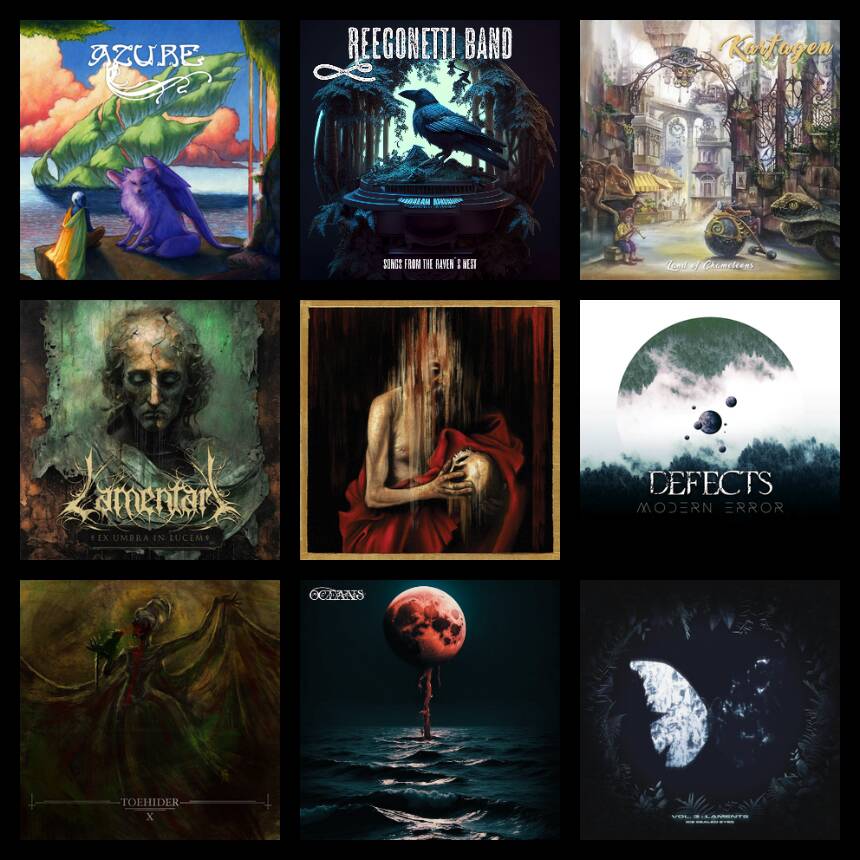
Linus Klausenitzer, Germany’s busiest fretless bassist in Metal, on his bands & new solo record “Tulpa”
Hailing out of Nürnberg, Germany, Linus Klausenitzer has been a staple of Metal bass playing for years past. Coming up in the Prog Metal scene via Noneuclid, he has hit woldwide renown when he joined Obscura around the “Akrøasis” and “Diluvium” period. Most of the band departed to form Obsidious, winners of our own 2022 Progspace Awards Debut Album of the Year with “Iconic“. He’s also part of Prog powerhouses Alkaloid, as well as performing session and live work around the globe. His latest endeavor is his solo record “Tulpa” released in October 2023. We got to sit down with Linus and talk about his musical upcoming, his various bands and life as a working bassist in 2023.
Welcome Linus, and thanks for taking the time to speak with me! You are an incredibly busy bass player, doing so many things – so I was very interested in finding out some of the insights behind your activities.
Thanks again for having me! An interview with somebody who plays fretless bass himself is always a pleasure!
To get started, I realized from your bio, that you started off on piano and trumpet, getting to the bass later. What got you interested in bass?
I think it’s a pretty typical story in the kind of genre that I’m in: Most of the prog-related musicians that I met have musician parents, and that’s also the case with me. My father was a classical musician and my mother as well – she also did different things, played in a folk music band in the Oktoberfest in Munich, for example. So my life was always music driven, we had music running on the radio at home. We were three boys at home, and our parents sent us all to piano lessons and different musical courses. We were all not really interested. I played a little bit of piano, and it was okay, but I was not really into it; I also played trumpet. But somehow my parents already saw my talent and put me in a Gymnasium [note: the highest tier of Germany’s school system] with a musical direction. Then I played the trumpet in a big band, and there was the first time when I started to like the group feel, the joy of playing together. That group also had a bass player, and I always thought “that is actually a way cooler instrument!”
The other thing was becoming a teenager. I searched for an identity. First I was a basketball kid, only wearing basketball t-shirts and watching basketball games at night. Suddenly a friend of mine brought over an Iron Maiden VHS-tape. I loved it so much! Then it was good timing: I got braces for my teeth and had to stop playing trumpet. So I said “I think I need to start another instrument now!” and suggested bass guitar. I had a talk with my school. In the musical school, you had to play an instrument, and they were very skeptical because bass guitar was not a classical instrument. Luckily they allowed me to do it in combination with upright bass. I played upright bass for one year, and then they realized that I’m really into bass guitar. I only focused on that, and that was the beginning of everything.
And in terms of bass players, who were your main influences and inspirations at that time?
Again, a very stereotypical kind of story. Steve Harris from Iron Maiden – how he changed the songs and added color to the music with his bass; his stage presence. Everything was just magic to me! Maybe it comes from playing trumpet, where I always had these very high notes: You have that problem that doesn’t sound beautiful in the first three years of learning the instrument. With bass guitar, it sounds beautiful right away. The bass sounds good from the first note that you play it. Every beginner plays the first note, and it’s great. You feel it in your body, you can hear the tone. Still to this day, the only instrument that ever fascinated me so much, to always keep going. I want to take the bass in my hand all the time – that never happened with any other instrument.
In the beginning I tried to play everything like Steve Harris. The first one or two years I was very obsessed with that bass player. Then I opened my eyes for more music, and luckily I had a bass teacher with a funk background. He taught me some theory and how to play rhythm-based – to focus on playing with the drums, which is not very typical in metal. We played Bracket Brothers, Tower of Power, Mike Stern, and stuff like that.
Then I realized, I could get my head into other music that is bass-related, and that’s when I started to go to the music college.
Regarding your growth as a bass player, you have a very nice montage of old videos in your ‘Lunar Assailant’ music video. It shows you in your earlier and later bands. One thing that I was curious about is there’s some shots from an orchestra. What was that about?
Yeah, maybe I continue the story from the music college, because it’s related to that. You know how it is, you come to a new group, and if you’re a metalhead, of course, the first person you focus on in the classes is the other metalhead that is always there. And in my case that was a drummer who actually had a black metal history – which had nothing to do with my history of classical metal, Dio, and thrash metal, Metallica, and a power metal, like Gamma Ray. So we had a very different music background, but still there was some sympathy so we played together in some ensembles and hung out. One day, he came up and asked me if I would be interested in playing in a band with him. I was 19 at the time, and wanted to experience everything I could. I played with four bands, some cover bands and things like that, just wanted to expand my horizon. So even though it wasn’t quite my cup of tea, actually (it was progressive death metal), I never played in a band with screaming vocals, but whatever, he was a cool guy, it seemed interesting and challenging, so I did it. That’s how I got into a band called Noneuclid. It was basically the band of Morean, who I still make music with to this day – he is now the singer of my band Alkaloid. The guitarist in the band is V. Santura, who turned out to be the producer for most of the albums I have worked on since. This band is basically the basis for my entire future career.
Morean’s day job is being a classical composer. He moved from Landshut, Germany to the Netherlands, and writes classical pieces. But he’s a metalhead! And some day, we wrote a record together with Noneuclid and recorded it. He had a project coming up where he was asked to work with the Metropolitan Orchestra, a highly renowned orchestra in the Netherlands – Steve Vai, Aretha Franklin, many great artists have played with that orchestra. We were given the opportunity to do whatever the hell he wants to. He said, cool, I’ll bring my metal band, and we want to have the whole symphony orchestra to accompany us! He wrote a piece that was 25 minutes long. It was very exciting for me, and that was my first contact with classical music.
And then I had a couple of talks with my father, who is a classical musician [Ulf Klausenitzer], and he led some classical orchestras. We discussed that we’d like to do music together as well. That’s how we made a second project which was called “Transition Metal”. It was a concert in Landshut. That’s what the video material in ‘Lunar Assailant’ is from.
Cool, that’s quite unorthodox and a special stuff, compared to regular metal.
Yeah, absolutely, it was very unique. The approach of Morean was very different in combining classical music and metal. When you listen to Scorpions playing with an orchestra, or Metallica, they mostly have their regular songs, and then the orchestra is more like a better sounding keyboard. This is its role, just adding a little to the music. But since Morean comes from both worlds, he really connects and gives both the same importance to both elements. In his way of composing, he likes the ugly and atonal aesthetic, and that works very well together in a fusion of metal and classical music. That’s why I enjoyed so much.
Is that still available as a recording anywhere?
Unfortunately, it’s not. I’m always trying to talk our producer into finishing the record. The orchestra concert with my father is already mixed and mastered, it’s ready to be released. But the other recording from the Netherlands, it’s a big piece of work because our producer has the files for every single instrument. There’s also a bit of a problem with such a huge orchestra: Normally when they see that they play with a pop or a metal band, they don’t prepare much. Our stuff was much more complicated – so they really didn’t play very well. It would be necessary to edit a lot and to fix some things. There is still a lot of work in there that blocks the record from being finished. And I’ve been trying to talk the guys into finishing that piece for 13 years now! And the band is not really active anymore – we replaced it with Alkaloid.
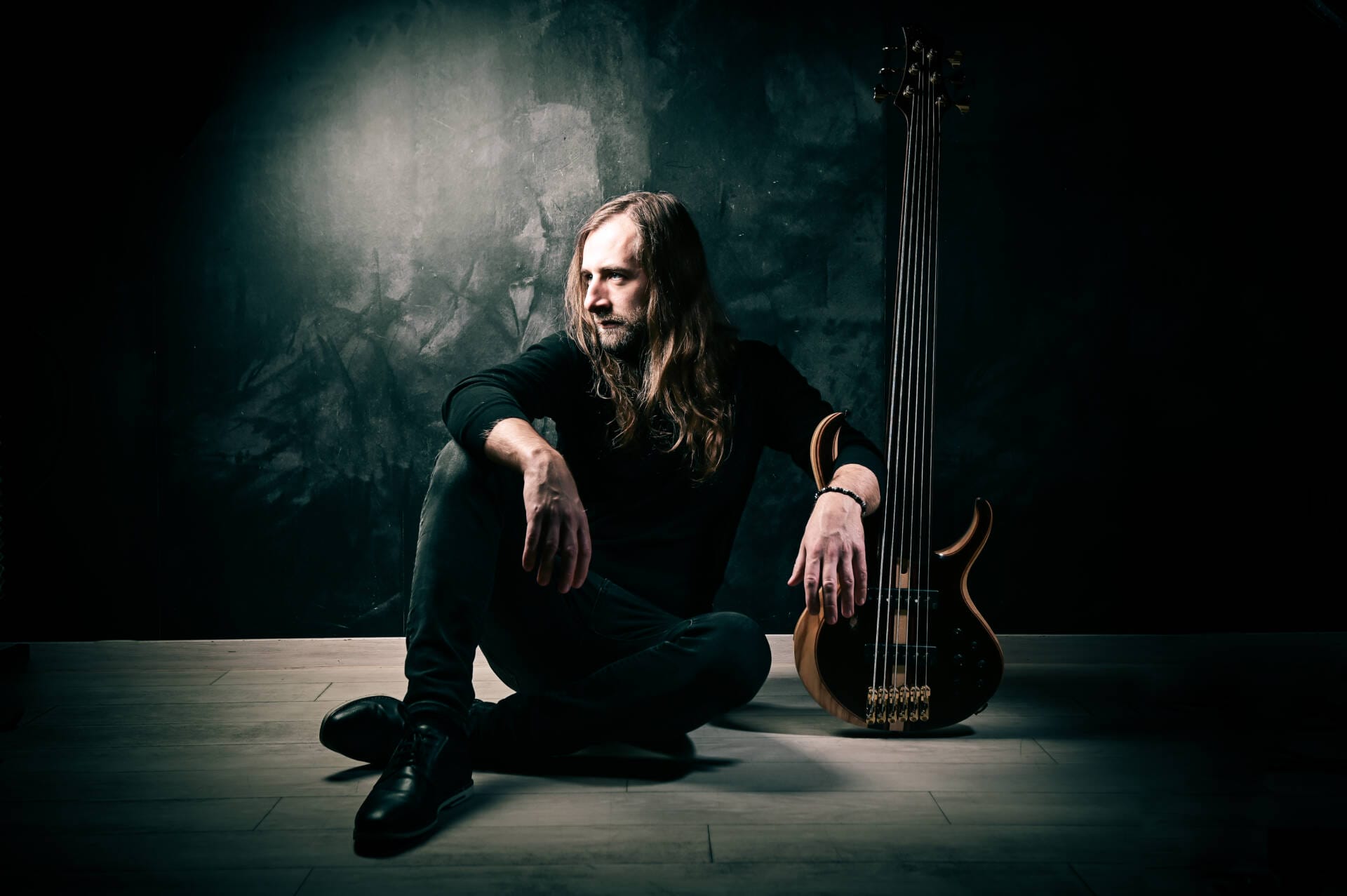
Maybe that’s a good segue: How did Alkaloid form?
I basically have two bands: Alkaloid and Obsidious – and both bands are ex-Obscura bands, so to say. When I joined Obscura in 2011, I met Hannes [Hannes Grossmann] and Chris [Christian Münzner], becoming close friends of mine. They left Obscura a few years, but we still wanted to continue to make music together. And I was still in Obscura. Hannes always loved Noneuclid, which is one of the reasons why I got the job in Obscura. And he wanted to make music with Morean very badly. So they decided to make a band together and asked me to play bass. I said, yes, immediately.
You are quite geographically separated. I suppose you can’t rehearse regularly. How do you work with a band like that?
Yeah, that’s the case with both of my bands – as well as with Noneuclid, because Morean lives in Rotterdam. So for over 20 years, I’m very used to doing a lot of driving and not to have weekly rehearsals. It makes it very hard to be honest. All of us musicians in Alkaloid are very busy with a lot of different projects. There was always at least one guy in the band who stopped the rest a little bit. And that’s why it became more or less like a project. To me, it still feels like a band, but the last album came out five years ago. We would all love to make more on a regular basis, but it’s also not a project that finances us… But I’m quite positive that it will get better again! The Alkaloid record “Numen” just came out. And we already have plans for new projects next year – I’m positive that it will not take another five years this time.
It makes it all the more remarkable to be able to put out a full album of that kind of music. It’s not like you make simple two-chord songs. It’s a tremendous amount of work to make that happen without being together in person all the time.
Absolutely. And we wanted to spend more time together – but Corona made it impossible. I think I recorded the bass for “Numen” already in December 2021. It was a really long process until they had time to mix it and to sing on it.
Alkaloid really strikes me as unique in terms of its sound. There is a quite established, heavy progressive metal kind of concept by now, it has some staples that are commonly in. And you find those also often in Alkaloid. But then there are some parts in there that completely throw you off. It really feels like a fusion kitchen, like sushi together with burritos – like a really unusual combination. Like the clean singing part in ‘Clusterfuck’. If you hear it for the first time and you don’t know what to expect, then it really kind of wakes you up. How does Alkaloid work creatively?
Really, the creative masterminds in this band are Hannes and Morean, because they write most of the stuff. They started the whole musical idea; on the first two records, I didn’t write any song, for example. I participated in the songwriting on this album, but before I never had time for it. The songwriting mostly came from them. One or two songs always came from the guitarists, but those two contribute by far the most material. I think the fact that Morean has this completely unique background with the combination of being a classical composer and a metal musician makes his sound aesthetic very unique. He’s not the typical Dream Theater fan that then got into Necrophagist and then wants to write a death metal song – that’s not his background. He even studied flamenco guitar for a couple of years. Living in Rotterdam, it’s a very culturally open space where you can make music with many other cultures. I think all of that plays together and makes Morean’s songwriting approach very different.
Hannes is the other primary songwriter in Alkaloid. He and Chris [Christian Münzner] had a major role in the technical death metal scene, as it started more or less with Necrophagist, and they were part of that band. So this sound comes from them.
We’re always pushed to develop new things, because that’s what progress music should be about. It’s the idea that you don’t repeat yourselves. And you know, with bands like Nightwish or In Flames, they have certain trademarks and a clear brand. So they’re kind of forced to feature certain style elements.
It’s like a business decision – if your album sales depend on it, you’re catering to it and doing the expected, this limits you creatively.
Our bands is mostly the opposite: People expect something else with every album, so that’s our motivation to get out of our comfort zones. Also, there is focus on every single musician on the album. Normally, very few people care who the bass player of a band is. It’s a completely different thing in progressive music; people want to know who is playing the bass, they focus on that person. So the musical identity is more important for everybody, and I think that’s what makes Alkaloid also very special: Every musician has a very own musical voice that they developed over a lot of years that makes a difference in the sound.
Yeah, that’s a good point – if you’re a bassist in metal these days, you have to do something special and noticeable. Because if you play it too safe as a bass player, then there are plugins that do it better. Like for the recording, if you just play the root notes, then the Jacob Umansky [Intervals, solo] plugin is going to sound tighter. You can never be as perfect as that. And it also makes playing more fun.
Exactly – you just have to dare to do it!
Just yesterday I saw a documentary about the influence of AI on art, and a lot of artists said something that I absolutely agree with: AI is a tool, and most people are afraid of it because it’s a threat to all the people. Machines and electronics in general are a threat to processes where you can do something very generic. Last year I talked with a guy who produces hip hop artists. He’s a Turkish hip hop artist and he said it’s insane: Every person wants the same thing from him! He knows exactly what they want, and every time he tries something a little bit different, he gets blocked for it. So that this main job he’s doing is very generic – and could absolutely be replaced by a machine. What’s the point of doing something generic as a human? The musicians and artists are now pushed to do things differently and unique, and that’s a point of AI I like.
Look at programmed bass and drums. Sure, they all do a great job objectively, but that musical character and identity that we spoke about before, that is not possible to develop from an AI – so far, at least.
Now regarding the new Alkaloid album “Numen”, what was the intention in its creation, especially coming from the previous two albums?
There was never a concrete plan. With Alkaloid it just happens how it does, and that’s something everybody enjoys a lot. It’s complete creative freedom – quite different from when I was in Obscura or even Obsidious. In those, we talked a lot about the concept of a record; where it should go, etc. That collides with a lot of freedom, which is something I enjoy a lot. “Numen ” just turned out how it is; in my opinion way darker than one before.
For continuity, “Numen” continues the Dyson Sphere story from the first two albums [“Malkuth Grimoire” 2015, “Liquid Anatomy” 2018]. It’s a lyrical concept about two or three songs on every record. There are always little hints to the music from the previous records, an overarching story that connect the albums even though they’re separated in time.
On the first records, on bass I always mixed fretless and fretted. This time, Hannes asked if I could play less fretless, because he wanted a more growly sound, as he is the producer. Then I thought okay, maybe I’ll focus more on Obsidious for the fretless bass sound. I always like to have challenges, so I wanted to adapt my musical style, that singing and melody kind of playing from the fretless bass, to the fretted bass. I tried a lot to play melodies and to write melodic lines on the fretted bass; that was the challenge for me. There are actually very few times with fretless bass on “Numen”.
That’s interesting – I recently talked to Dean Lamb of Archspire, and they had fretless bass in the beginning. When they changed bass players, they switched to fretted. I asked him about that, and his idea was, having a fretless bass in metal kind of puts you into a certain direction. It immediately makes you a kind of artsy, smart type of brainy metal – and that’s not what they are trying to do. Instead, they want to sound sharp and hitting you hard. So that’s why they felt like fretless was not ideal, even though he generally likes it in other settings.
That’s very interesting, because I find them very artsy actually! I toured with them twice. The difference with them is that they are very brutal! With most tech bands, including Alkaloid or Obscura, it’s not quite like that.
Also the way that they approach their musicianship is different. Dean has a YouTube channel where he shows a lot of weaknesses and tries to learn songs of other bands. That’s something that would have never happened in Obscura. There, the idea was, we need to look like we are all flawless professional Germans, we all know perfectly what we’re doing – so that was a complete approach. You couldn’t show weakness or flaws, you had to be the technical prowess monsters. We were very serious on photos. And to be fair, we are Germans, and we don’t have a lot of humor like Canadians do [laughs ironically].
Archspire’s bass player Jared Smith is amazing! The first time I met them in Japan on tour, he told me he’s actually not a bass player – he’s actually a guitarist! He took the first open spot in the band because he likes them so much. He plays the bass like a guitarist. With all the tapping stuff, it’s very unusual for bass, but it makes him very unique and I enjoy his playing a lot.
Yeah, like you discussed in your course “Composing Metal Basslines”, in a band with two eight string guitars, he doesn’t need to be playing typical bass, keeping the low end etc. There’s so much low end already from the guitars, that gives him the freedom to do all that melodic fast tapping stuff!
Absolutely. And there is no groove in the band, it’s all like a typewriter, everything is anyway on the grid, so there is no moment where you can groove with the drums. Every instrument is a machine gun in the band – so yeah, it’s interesting how he dealt with that.
I wanted to ask one final question on “Numen”, because I’m really curious: How did the song ‘The Folding’ come to be – especially the crazy end of the song where it’s all reverse? Because it seems like quite a bold compositional move! You definitely could not do that if you’re oriented toward mainstream success with your music.
Well, Hannes’s songwriting is more influenced by Rush and 70s music; he writes beautiful melodies and harmonies that are a bit more simple. Morean on the other hand, who wrote the folding, gets wild and wilder every time, and ‘The Folding’ is really a peak of that. Playing a song backwards from the half is really an insane idea! To be honest, I would have never came up with such an idea that makes sense composition-wise. But the way he did it is very smart. He really sat down and wrote on the sheet music for everybody, for every single instrument. I have here the sheet music as a PDF like a classical musician, and play every note like he wrote it down. He said I have freedom there but I’d be worried about messing something up musically.
Now regarding Obsidious: I really love “Diluvium” [Obscura, 2018], I think it’s an absolutely stellar album. The line-up has basically developed into two bands now [Linus, guitarist Rafael Trujilo and drummer Sebastian Lanser went on to form Obsidious; mastermind Steffen Kummerer re-formed the band with former members Christian Münzner (also Alkaloid), fretless bassist Jeroen Paul Thesseling, and new drummer David Diepold]. Looking into the writing credits of “Diluvium”, it seems like the basis for what would continue to develop into Obsidious was already there on that album. How was Obsidious’s writing done?
You’re absolutely right about Diluvium. I was involved in the songwriting of two Obscura records, starting with “Akroasis” [2016]. There we really shared the songwriting very much. But Sebastian was not involved in the songwriting at all; he only wrote the drumlines. That changed with Diluvium. Also, Rafael joined right after “Akroasis”. When we started to write Diluvium, it was mostly the three of us. We spoke the same musical language, because all of us have that music theory background. Steffen has a very different background. He comes from the black metal scene and from playing in bands, never went to music college – which is of course totally fine! But when we worked on “Diluvium” it just clicked between the three of us. Then we had a lot of songs composed, and Stefan worked in parallel on his songs, and then we made it fit together in the end. But most of the song writing was separated.
It was already very natural working on a new band together. That’s why so much in Obsidious sounds like “Diluvium”. Like in Alkaloid: everybody has a very unique musical voice. Sebastian played crazy stuff in Panzerballett for many years – that’s something you can hear. Rafael is from a newer guitarist generation, with a very unique phrasing, and the way that he approaches his guitar solos is very influenced by fusion.
To be quite honest, when we left Obscura, I was not motivated to make any new band. I already had Alkaloid, which was already an ex-Obscura band. But then I thought, Rafael and Sebastian are so brilliant and such nice people, it would be such a bummer not to make music with them anymore. We started to write the first songs. They were saying “okay cool, we don’t have a guitarist in the band anymore that needs to sing at the same time, so we can even go more crazy!” This way they went super wild and we created our first single ‘Iconic’ [2021], which is very complex to play. I was more driven by a different approach, writing a little more straight songs.
So did you write ‘A Sense of Lust’ then? It seems a bit “alkaloidish”, with this heavy part at slower tempo, the quarter beats like hitting hard…
Yes, exactly. The bands that we play in are an influence to you. On my solo record that had an influence too. Some of the material I wrote at the time went into Obsidious, and some went into my solo record “Tulpa”.
Hold that thought about “Tulpa” for a minute; one final question I had to Obsidious: How did Javi [Perera] join? You were like an established collaboration and you needed a new singer to step in.
We had an audition, although we didn’t make it public. We just reached out to a couple of friends that we liked and asked if they wanted to see if it fits and how it feels, and they should write vocal lines to the music. Something like 10 or 15 people tried out. Javi was a recommendation by a friend of Rafael’s. He sent something in, and from the first moment on, we felt the most excited about it. We had a couple of Skype calls – it was the middle of the Corona times, so that was quite challenging. There would be a band member that we have never met in person, that was quite awkward. Especially because he was supposed to be the frontman of our new band, a really important role.
I once made music with a guy in a previous band. He was not very comfortable to work with and got kicked out of the band very fast. I asked myself, why didn’t I realize before that he never played in any band for more than a couple of months? In this case with Javi, we also had that red flag. How can a guy who sings so brilliantly never be in a really good band? But then I heard his life story and I understood it better. I just trusted my gut a little bit, and I’m happy I did, because this time it worked out really well and he’s a really nice guy. The first time we met, the chemistry worked very well in the band.
When are we going to get a full-on Obsidious tour?
When we started Obsidious, we got a good management and a good record deal, but then it took very long until we got our debut record “Iconic” out. Really, Corona was very tough for us in the beginning, because there was really not much we could do. Like we couldn’t meet for video clips and things like that. It didn’t work out as we planned in the beginning. To be very honest, I was hoping for more success with the band then actually happened; I would have hoped to sell more records. I still believe in the quality of this band and that we will have our time, just not with the first record, I guess. I just think the timing was bad and the promotion did work out well.
That’s why we’ll continue and we’re already working on the second record now! We started the songwriting, and I will meet the guys in a month down in Austria to have a songwriting session.
But anyway, we don’t have Spotify numbers for “Iconic” going through the roof, so it’s really tough to get a proper tour right now. We’re all of a certain age by now, some of us have kids, and we’ve all done this for a couple of years now, so we don’t want to sleep on friends’ floors anymore. To come home after a month of work with a loss, that’s just something we don’t want to do anymore. So that makes it hard. Also, there are just way too many bands out there right now; and the live market is really damaged by the Corona times – it’s just not a good time to get a band out there right now. But of course, we would love to tour!
Sure, I think the timing for the creation of the band, you definitely had a handicap. But I would encourage you to keep up the faith, because the quality of the music is so clearly evident, so it must have success at some point!
You have a solo record all finished by now – “Tulpa”! What inspired you to make a solo record compared to the band work that you have going on?
While I was writing, there were songs that didn’t fit in any of my bands, but still I felt a certain atmosphere on those songs. I thought it would be a shame if that would be lost. In the Corona times, I was sitting at home and really diving into songwriting. There were a lot of nights where I would be sitting at my music desk, opening a beer, opening up Guitar Pro and working on ideas. Some of these went into Obsidious. But there were just some songs that didn’t fit. I checked if other bands might fit, even showed the stuff to the Alkaloid guys a couple of times – one of the songs ended up on “Numen” actually. Some material that wrote for the solo record actually landed on “Iconic”, for example ‘Devotion’ and ‘Lake of Afterlife’.
Alkaloid tends to be a little bit chaotic, like people just have creative freedom. “Here is the song, go for it!” and then everybody goes wild – and in the end, something beautiful comes out. It is the complete opposite with Obsidious. We are all nerds, and we want to have perfection. We sit down and work on every detail. Since we’re a democracy, we don’t have a band leader, we discuss every part. This takes a long time and a lot of energy. I didn’t need to go through these kinds of compromises with the solo record; I just sat down, wrote a song and went for it. It was an enjoyable process and also musical growth: I have never written lyrics before, and never wrote vocal lines either. So that was also a musical challenge for me that I used to grow. I’m very happy with how it turned out!
What does “Tulpa” mean and what does the artwork express?
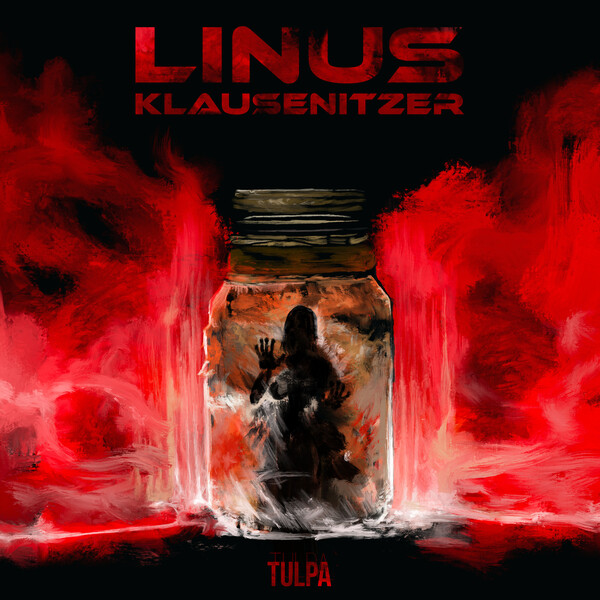
When I decided to write the lyrics on my own, I searched for a topic that I could be interested in. I’m a bass player and metal fan, but I was never very lyric oriented to be honest. I never really sat down and read the lyrics while I listened to music. I didn’t want to approach the lyrics half-assed; checking the records I listened to in my life that had actually an impact, where the lyrics had an impact on me, I saw that they all had a clear concept.
One such record that was very influential to me as a teenager was one of Bruce Dickingson’s solo records, “The Chemical Wedding”. It is based around the topic of alchemy; not a very new topic for metal, but I liked the aesthetic of it. It is a mix of magic and science somehow, and to me it has a fascinating mystique about it. I dove into the topic and watched a couple of Youtube videos, documentaries and podcasts and such.
One day I found the book “Die Sphinx” [Emil Besetzny, 1873]. It’s written in German and is still available from a database now. Quite a fun read! It’s about an Austrian lord who went to south Italy to meet an alchemist to create artificial humans, but the experiment didn’t work out so well. The book is written in the form of papers found from the servant of the lord, as if the author of the book found those papers and tries to interpret them. It describes how the lord used alchemic procedures to create 10 artificial creatures, human-like, but in the size of a large spider. All of them had a specific character and certain powers, and there was a queen and a king. I thought it would be a cool idea for a concept album, to make a song for every one of those creatures.
Die Sphinx at www.digitale-sammlungen.de
This story even ended up influencing my songwriting. In the book, the creatures are kept in a covered jar, that’s the only way they can survive. The king ends up trying to escape the jar to get to the queen whom he loves, but he can’t get to her. Outside the jar, he nearly dies; one of the servants sees him and chases him through the laboratory to save him. So in the song ‘Queen of Hearts’ I specifically wrote a dramatic section where the king almost dies, you can hear what sounds like his heartbeat. As he survives, there is an uplifting riff to go along. So yeah, in this case the story influenced my composing, which was really nice.
You have many guest musicians on “Tulpa” – how did you go about involving them?
I really took the songwriting very far and made a really thorough preproduction. I had programmed the drums, the guitars, I even programmed the rhythmic phrasing for the vocals with a plugin [barks out a guttural vocal phrase]. I wrote lyrics and I tried to adapt those to the rhythm; changed the lyrics here and there to fit, or changed the rhythm so it fits to the lyrics. With this very worked-out preproduction, I went to session musicians and let them record it.
I have a long career already, touring a lot, and I thought it would be nice to include some people I’ve met along the way on the record. It’s not a huge name dropping or anything like that – not like when people have Jeff Loomis [Arch Enemy, ex-Nevermore, solo] guest solo on every third tech death record these days. I really wanted to have people that I met during the years and that I really appreciate.
So for the fixed line-up, the main guitars were recorded by Ian Waye [Soreption], who was a recommendation by Christian Münzner. Most of the acoustic guitars are recorded by Aaron Homma [Annihilator, Killitorous]. Hannes Grossmann plays drums on the record, and he is also the producer – he lives in Nürnberg as well and he’s one of my best friends, so that made sense. Vocal-wise I picked Javi again, as I had a very good experience with Obsidious. The benefit in his case was also that he is a producer as well. He could record himself in a good quality and that made everything easy. He’s very diverse and can sing in very different styles.
For the guest guitarist, just to name a few, the guitarist of Gorod [Nicolas Alberny] is on there – I really liked their last record [“The Orb”]! The guitarist of Masterplan [Roland Grapow, ex-Helloween] joined – when I was a teenager, Masterplan were one of my favorite bands, and he played on “The Dark Ride” from Helloween, which is one of my absolute favorite records. I met him on “70,000 Tons of Metal” a couple of years ago. It was really nice to hang out with him, I had a couple of fanboy moments. We stayed in touch and that’s how he got involved. It’s great to have a guy on a death metal record that comes from a completely different background.
He’s part of your development, so it’s cool to have him on your record!
Exactly! So it’s really people that came along on my journey. For two years now, I have been playing live with Beyond the Black, and I made friends with the guitarist [Chris Hermsdörfer] and he also plays a song now. Also, V. Santura [Triptykon] from Noneuclid is on the album playing guitar!
“Tulpa” is a bassist’s solo record, so it’s not surprising that the bass is quite prominent in the mix – more audible than it would normally be for this style. What was Hannes saying about the level of the bass?
We were fighting about it [laughs]! I’m always fighting about that topic! Oftentimes, bands make the bass just a frequency filler for the guitars. I don’t want to have another record like that; I just don’t like this approach most metal bands go for. Okay, the guitars need to be a wall; it needs to be the heaviest guitar sound in the world – that’s the approach for 90% of all metal records. That’s especially the case in extreme productions like Lorna Shore – so extreme produced. It doesn’t get heavier than that, so I just don’t understand that approach anymore, and I wanted to go a different route. I still wanted to have a heavy, but also to feel the groove, the kicks, the accents and stuff – and of course I didn’t want to have the base role out of it. I wanted to have the bass louder than usual on purpose, not so much to show off my skills, but mostly for having a different sound than other records. It’s definitely not a bass show-off album; I play much more crazy on other records, actually.
You really see it in terms of your creation. You were not focused on “I’m the bass player, so the bass has to be the dominant shining thing,” but instead you really approached it as an overall composer and creator of the music for all instruments.
Exactly. Like I said earlier, I made so much complex music in my life, so I really enjoyed making an album that is a little bit straighter.
Normally when you have a rock band and one of the musicians makes a solo record, it is a crazy fusion where all the styles and influences of that musician are mixed, going crazy and wild. That’s exactly not what I wanted, because I don’t feel the desire to break free from barriers. I just wanted to write good songs and focus on rich melodies, just expressing what I felt at that moment.
Any plans to take that solo project live? Is it even possible to play it?
Of course I would love it! But as I said before about Obisious, it’s very hard to make it happen. But I’m quite happy where I am. Not even sure if I’ll do a second solo record; it really depends on the success of this one and the interest of people. I’m happy to have a great label, AOP Records, that I get excellent support from. It’s actually a record label that features mostly black metal bands; Harakiri for the Sky is a prominent band for example. It’s mostly one guy; I showed him my music and asked him about his opinion, and he loved it so much that he wanted to do it. It’s great to work with somebody on the promotion that really feels for the music.
For the promotion, it was very comfortable that I could basically do whatever the hell I wanted – so I even asked my parents if they would like to try it! They did it, which was a good experience.
Aside from your solo work, you are also quite diligent in doing session work. Any special one of those where you are particularly fond of?
As a recording artist I always enjoy that projects come up from people from different countries, where they have very different cultural backgrounds. I recorded with people from Egypt, Lebanon, a lot of Asian countries like Indonesia, South America, even Israel and Pakistan. It’s way more interesting than being a session guy in the 80’s, where you were just called into a studio and you needed to do the standard things which I talked about before. It’s exactly the opposite now: I’m booked for being the six string fretless death metal weirdo bassist; that’s what people want on their record!
Death Tribe from Lebanon was really nice – they even invited me to play live with them. I joined them for the global Metal Hammer awards, a very cool experience!
How about your live bands – which ones are you enjoying especially?
Yeah, this year I have been playing live crazy much! I play as a session bassist right now for The Spirit, which is a mix of death and black metal band – great guys and good shows. There was Dark Fortress [another band of Morean]: I played with The Spirit as support, and I even ended up playing keyboard for Dark Fortress because their keyboarder didn’t have time.
One of the most exciting things that is really different for me are live shows with Beyond the Black. It’s a completely different scene from what I normally play in. The basslines aren’t very hard to play, so I can finally look up from a fret board once in a while [laughs]! I’ve played the biggest shows in my life with them, we just played Wacken this year!
In November we tour through Australia and New Zealand; next April we have a European tour – it’s quite busy with them. They decided not to have a bass player, staying as a four piece. I play the live shows, and I’m very fine with that. It’s an arrangement that works great; they treat me well, I have a good time with them, it’s really a very comfortable situation.
Finally, what do you like to do in your free time, when you’re not playing bass?
I don’t have a lot of free time to be honest, but when I do, I hang out with my daughter and my girlfriend. I still enjoy watching basketball once in a while – of course I watched the World Cup with the German victory! I like hiking as well. I don’t live too far from the woods.
Anything else you’d like our readers to know about?
If people want, they can come over to my discord server that I set up this year! That’s something I enjoy a lot. First, I set it up as a promotion tool, but it turned out to become a bass-oriented server where people talk about metal music, bass playing, and gear. Compared to other social media channels, it’s a very positive environment; just people have nice talks and sharing good music. I benefit from stuff I learned there as well. If that sounds interesting, it’s called Linus Klausenitzer Community.
Linus Klausenitzer Community Discord
Currently I’m making a video course of the process of how I made my solo record. I always felt very lost in these things when I was younger – how to write a song or how to approach my record. So I want to be really open, share my experience. I will also show insights that I’m not allowed to show with my other bands, from the first day in the process to the final result. It will include cases where I went the wrong way, where I had to decide to throw away an idea. It’s something that I’ve never seen anywhere else before, so I hope that people will enjoy it. It will come out soon and will be available on my website linus-klausenitzer.com.
Thank you very much for taking the time to talk with me and for all the insights into your music. I wish you best of success with the release of your solo album Tulpa!
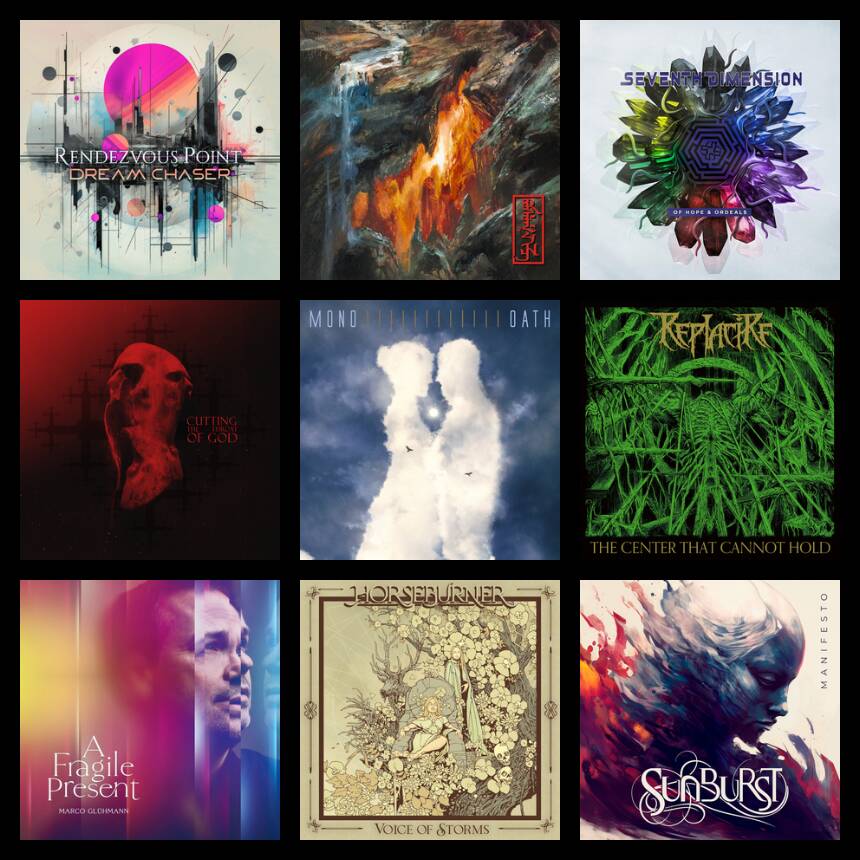
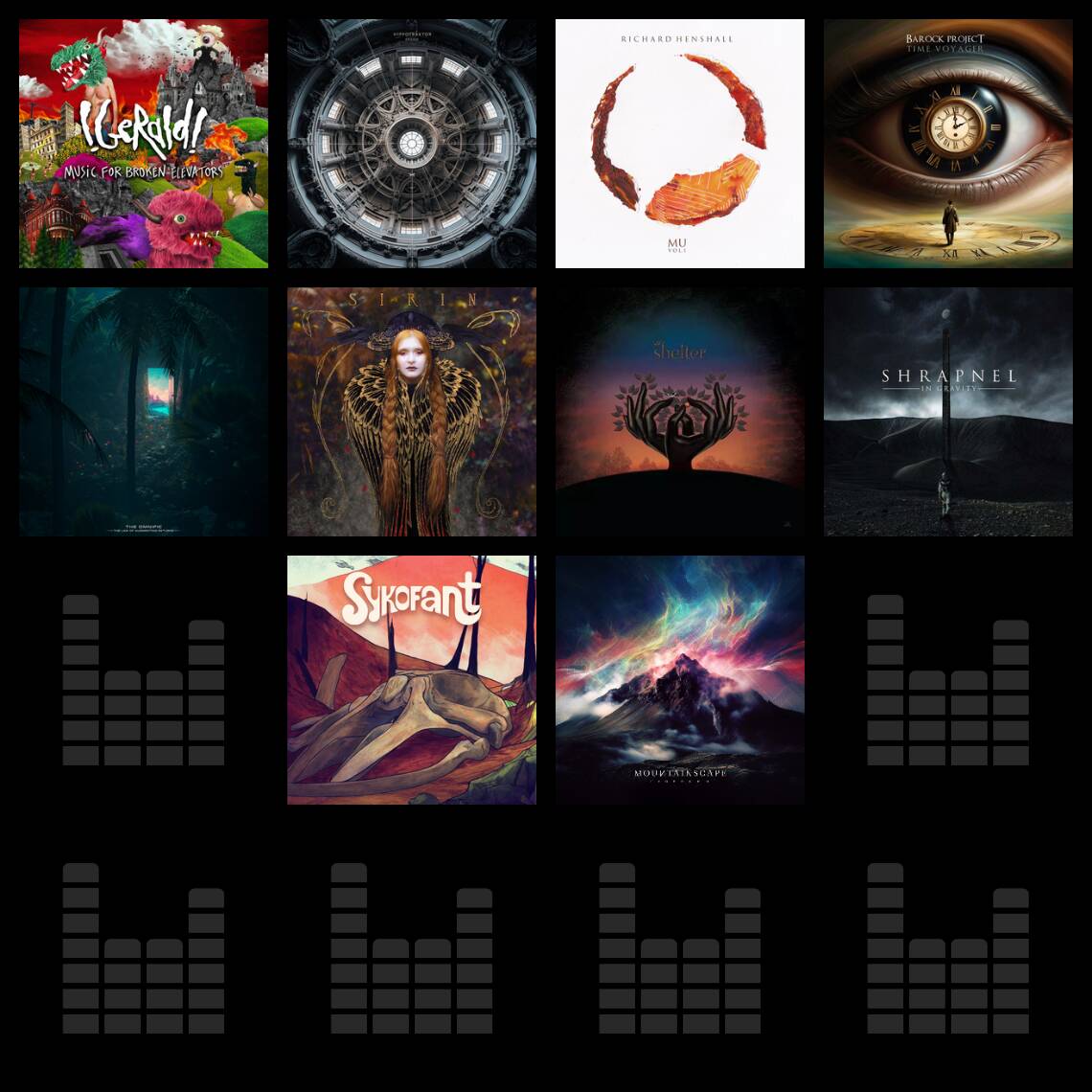
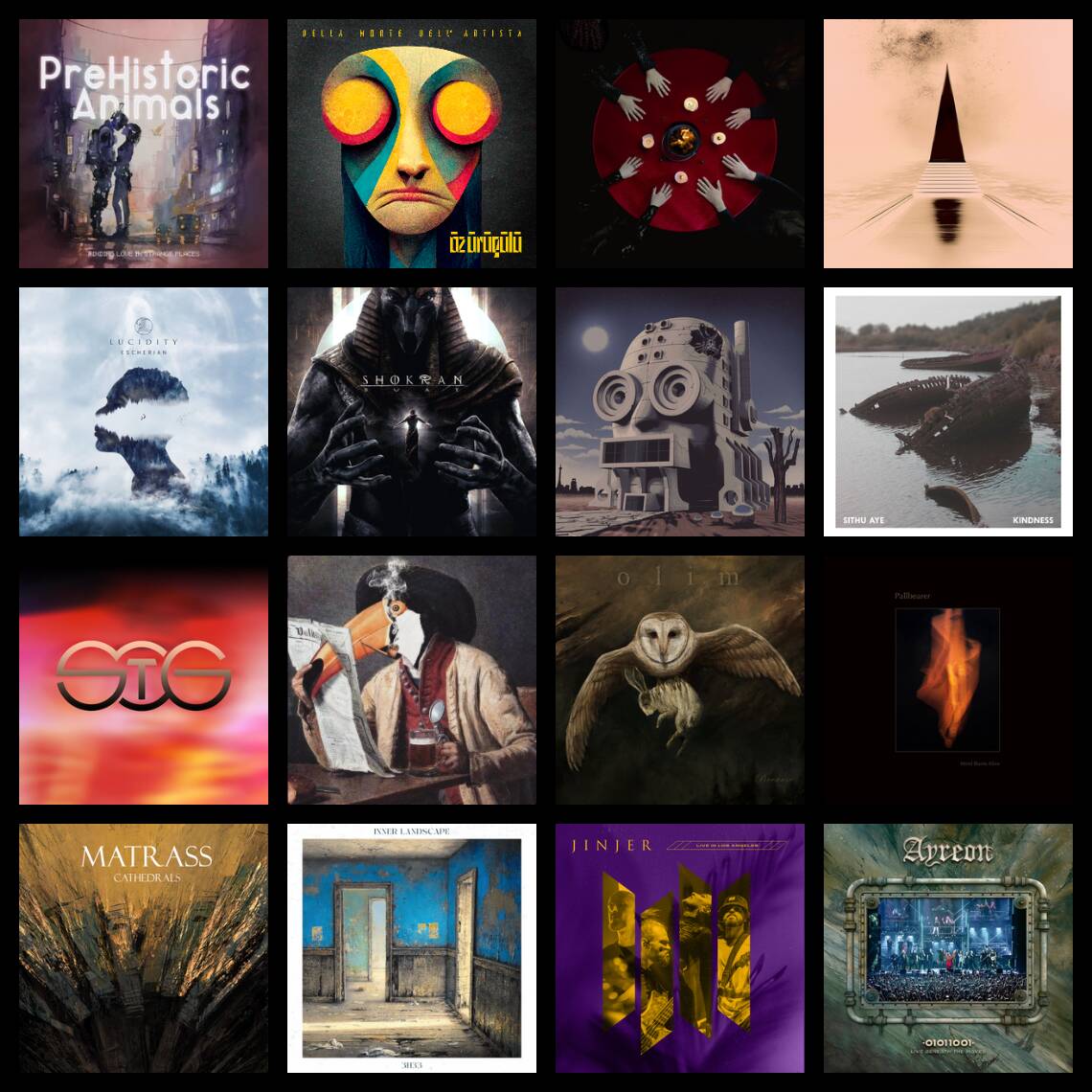

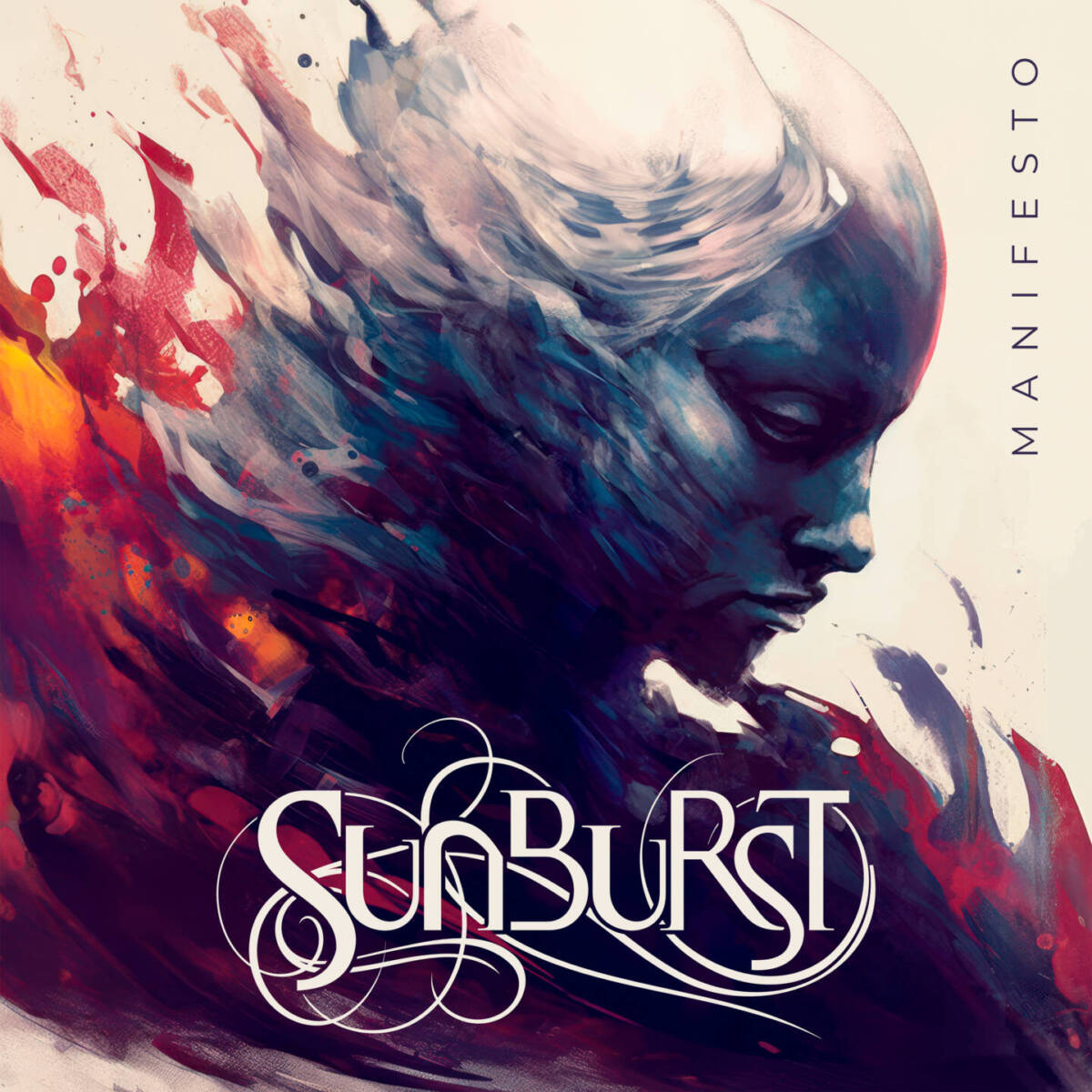
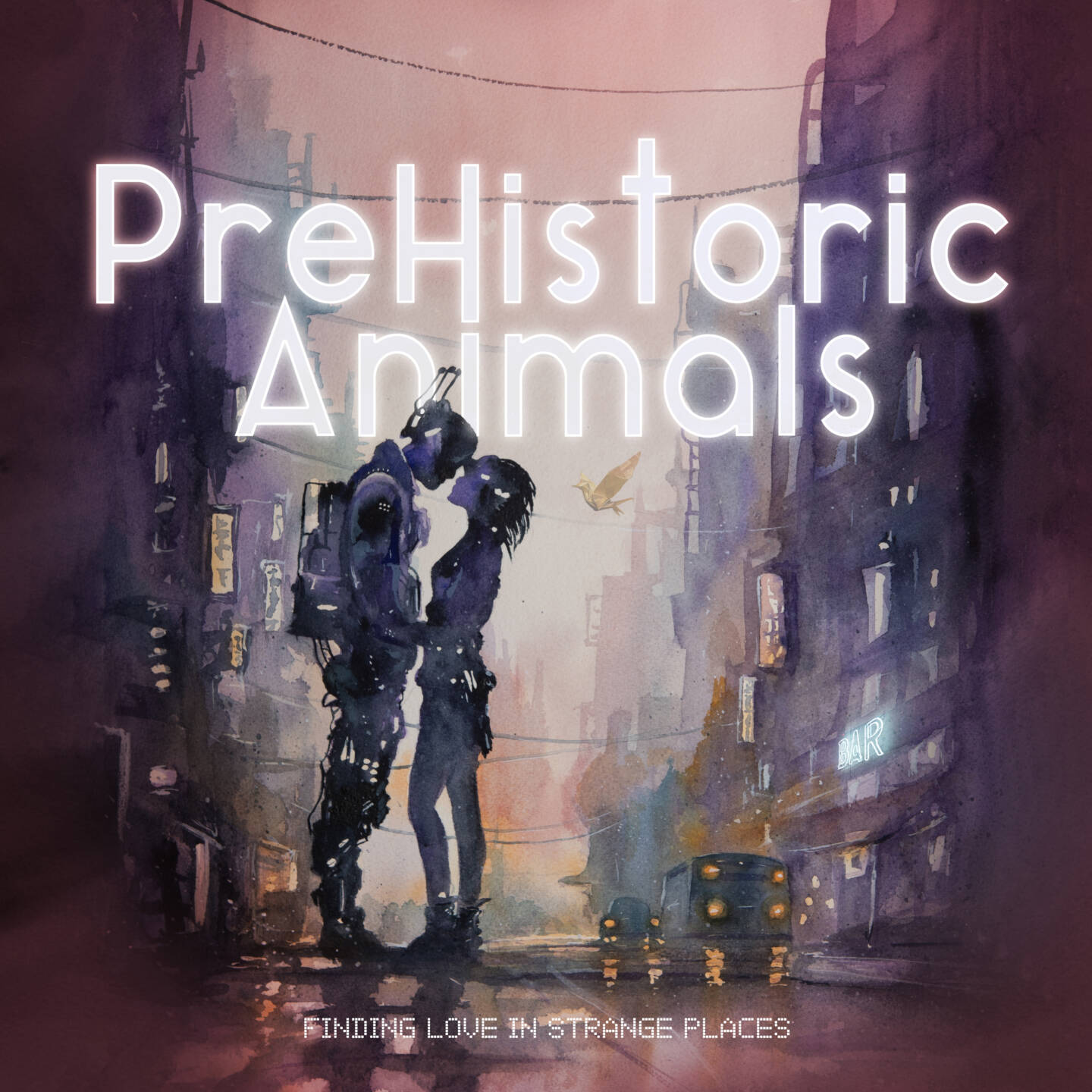

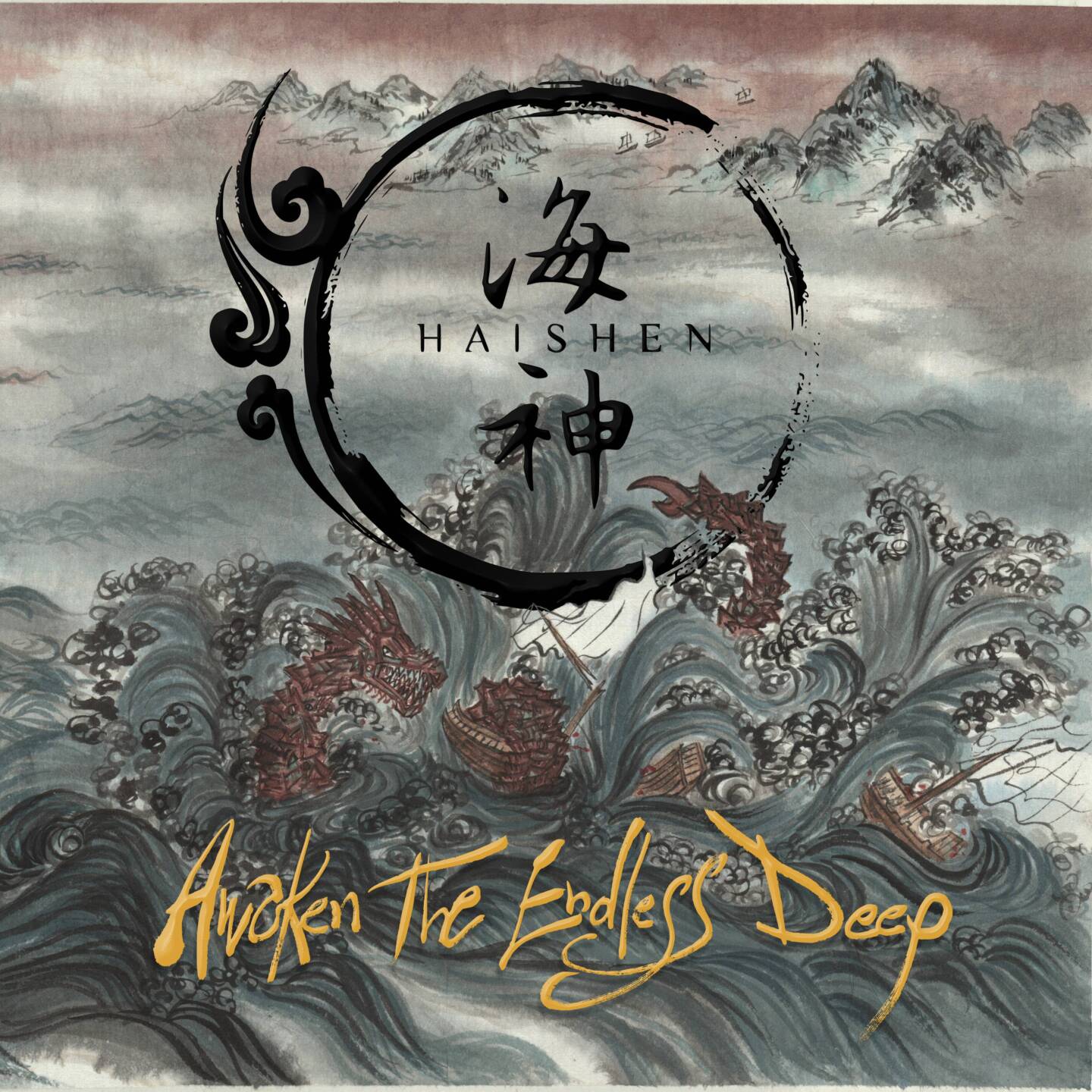
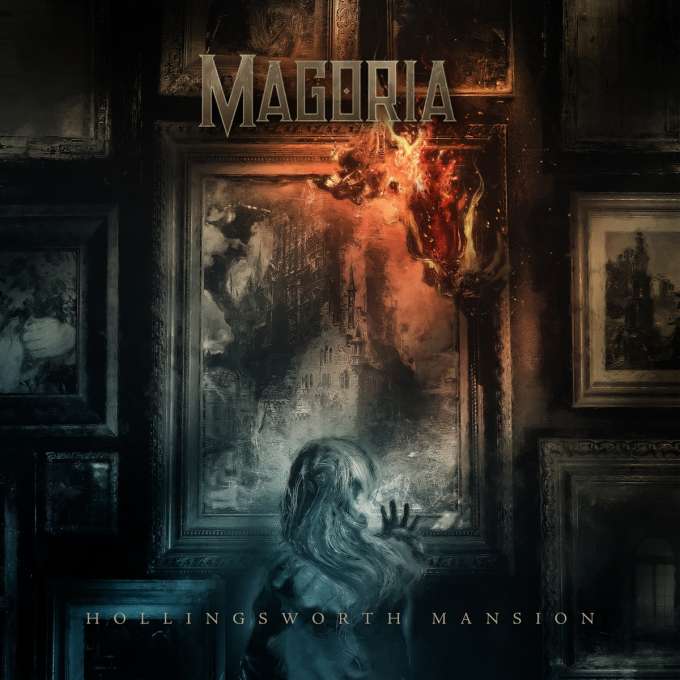
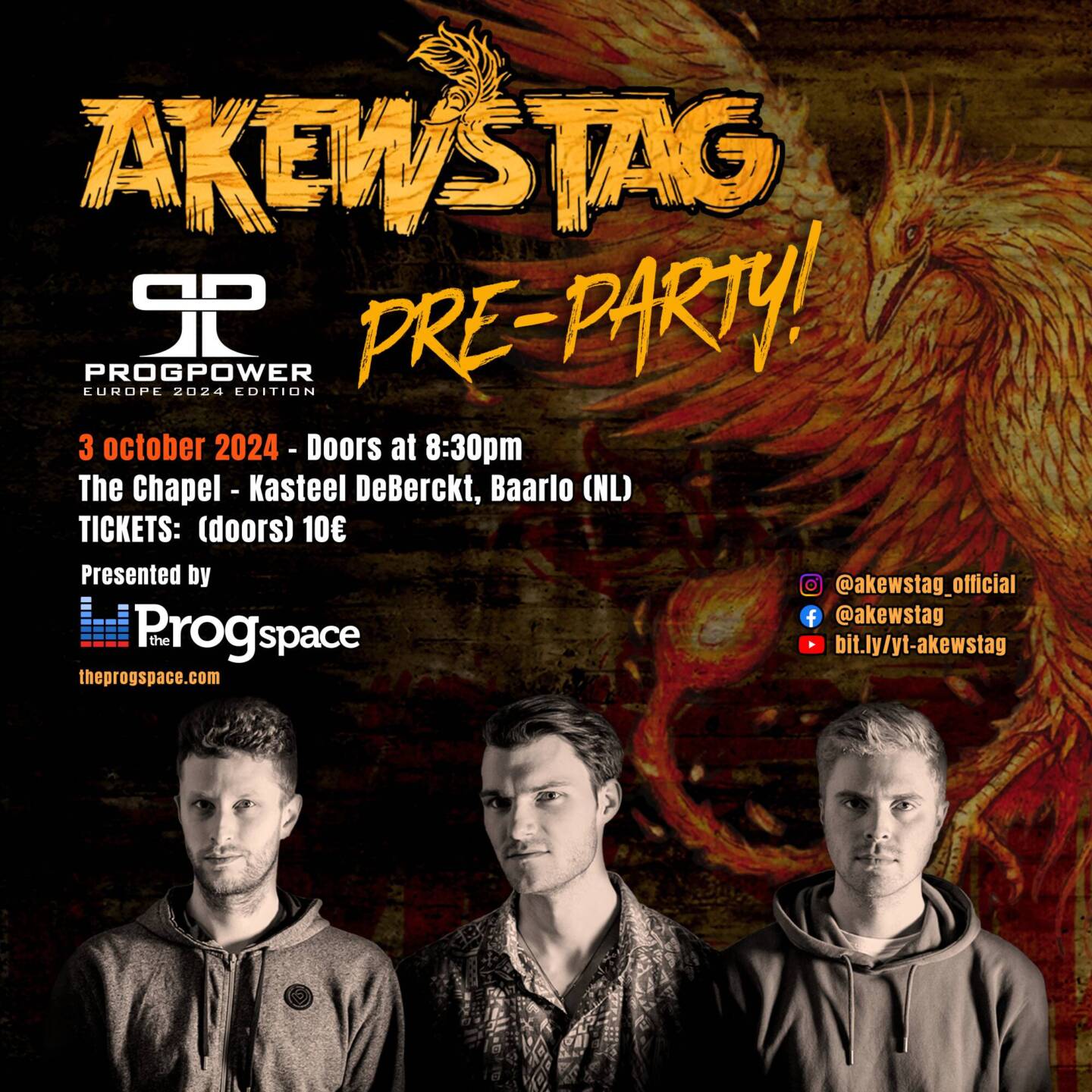
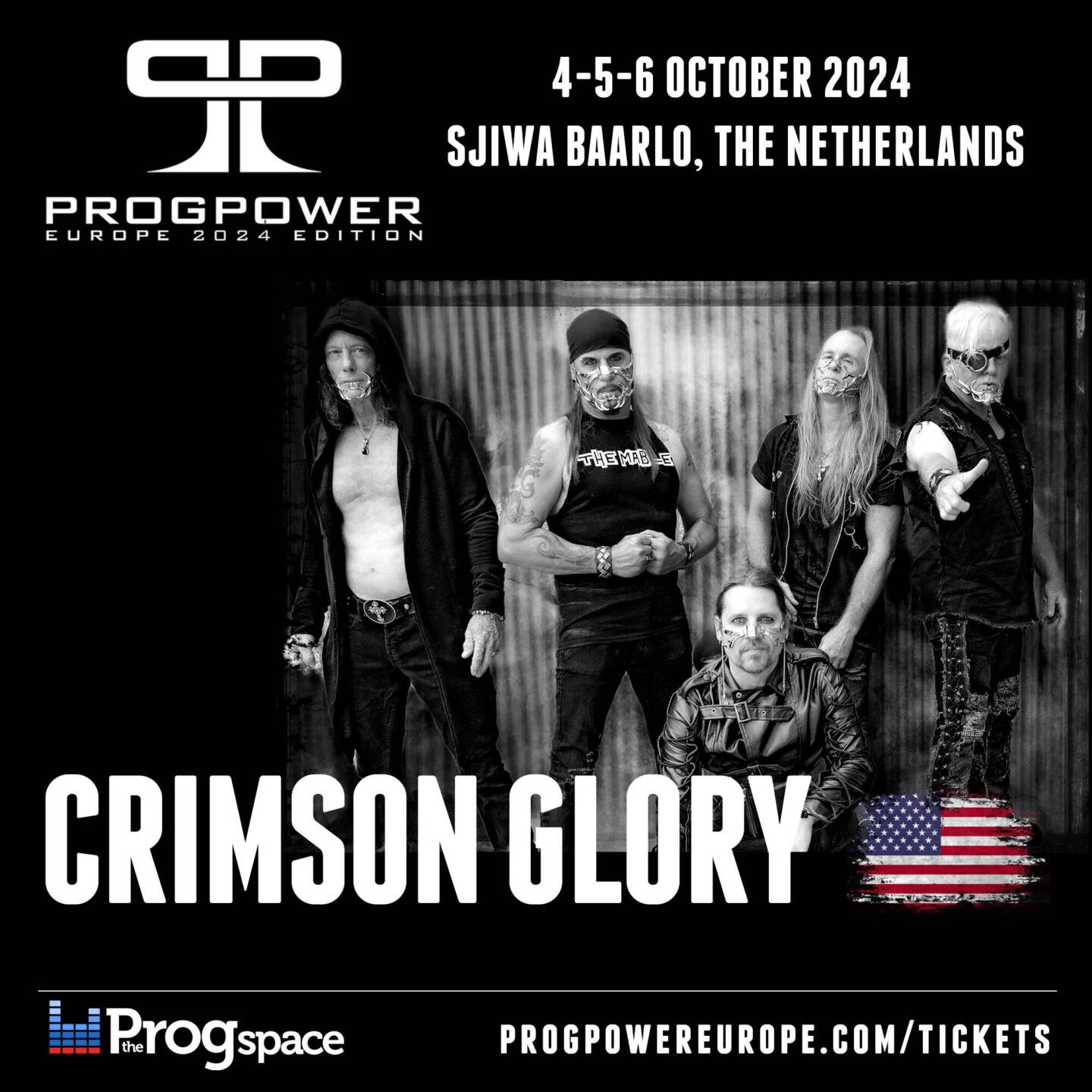
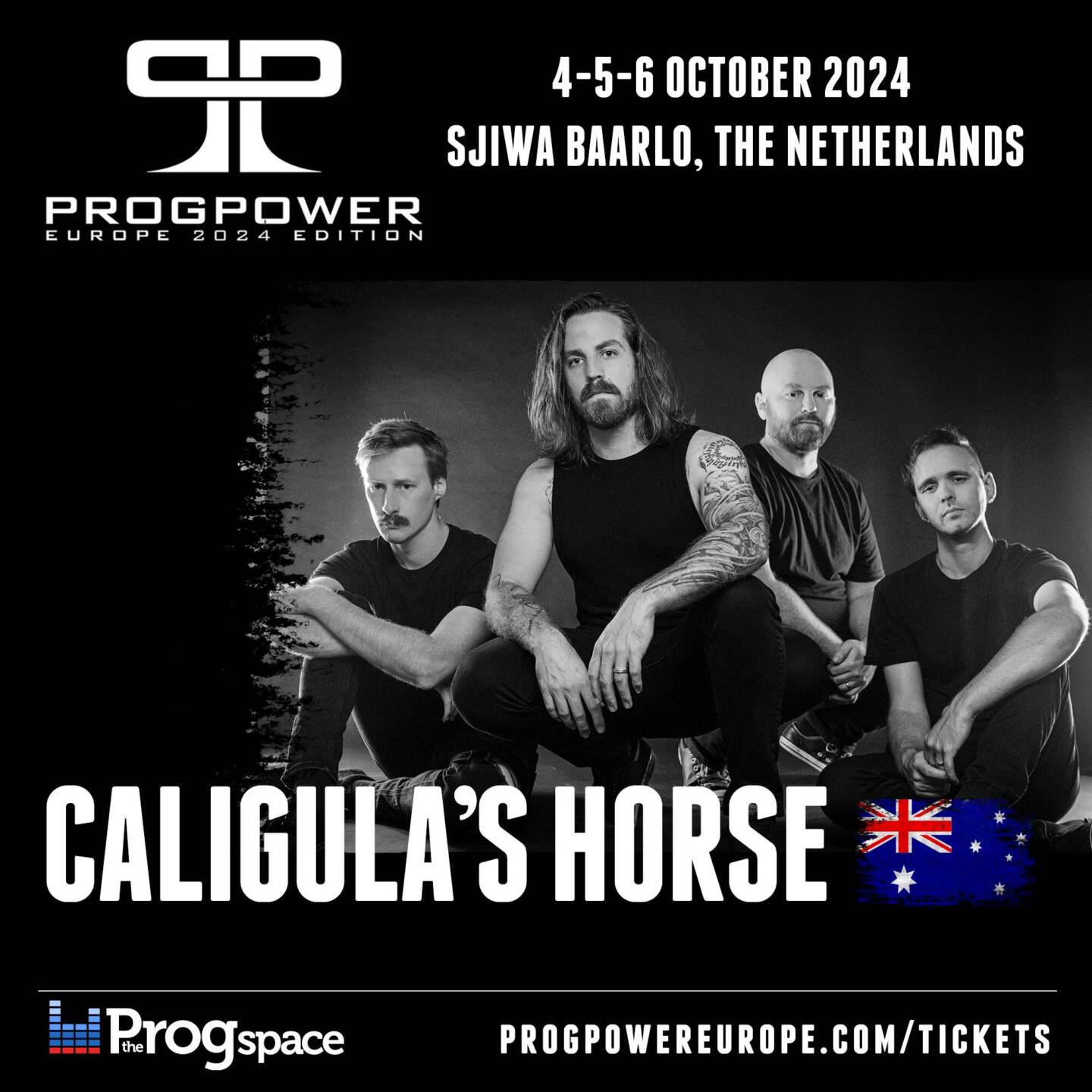
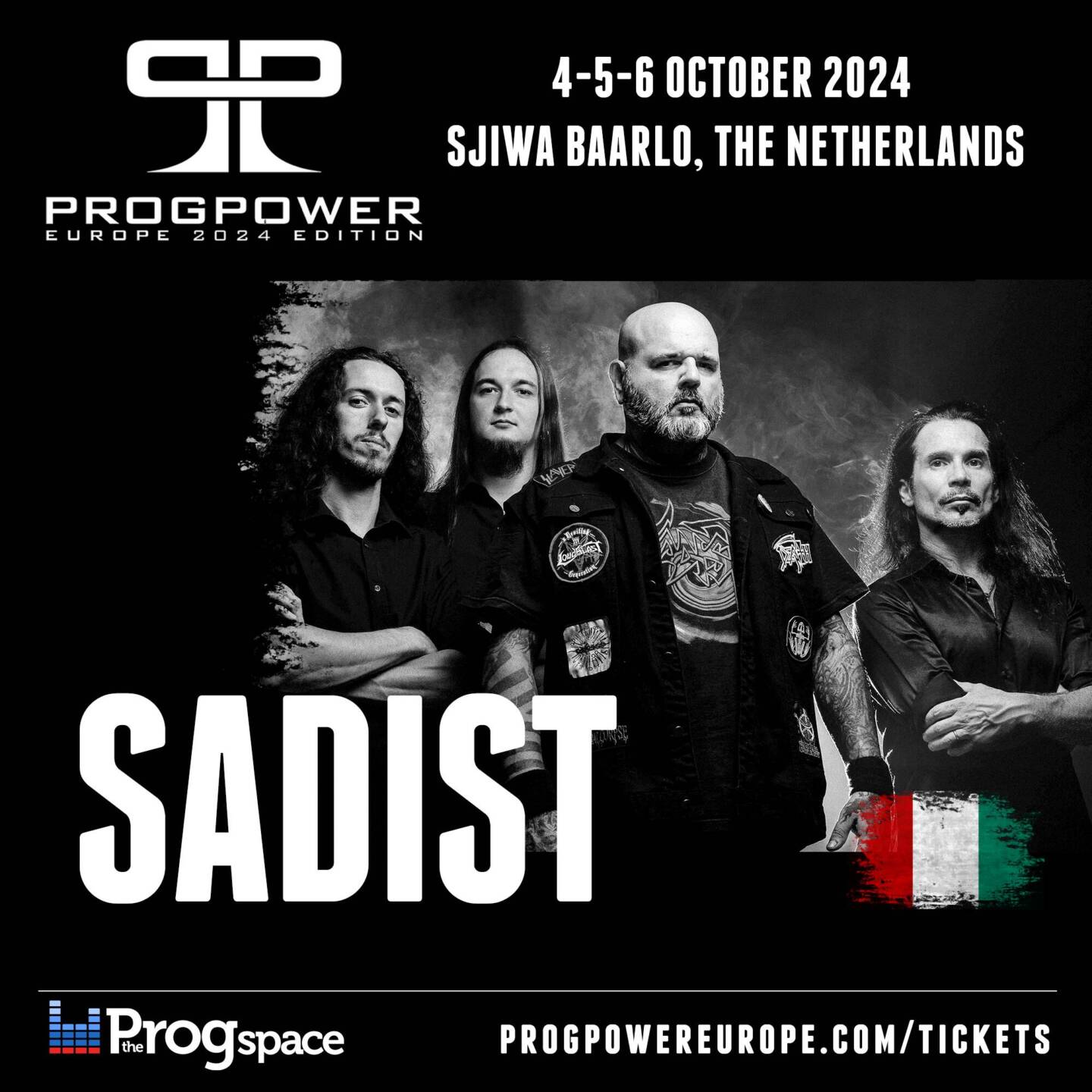
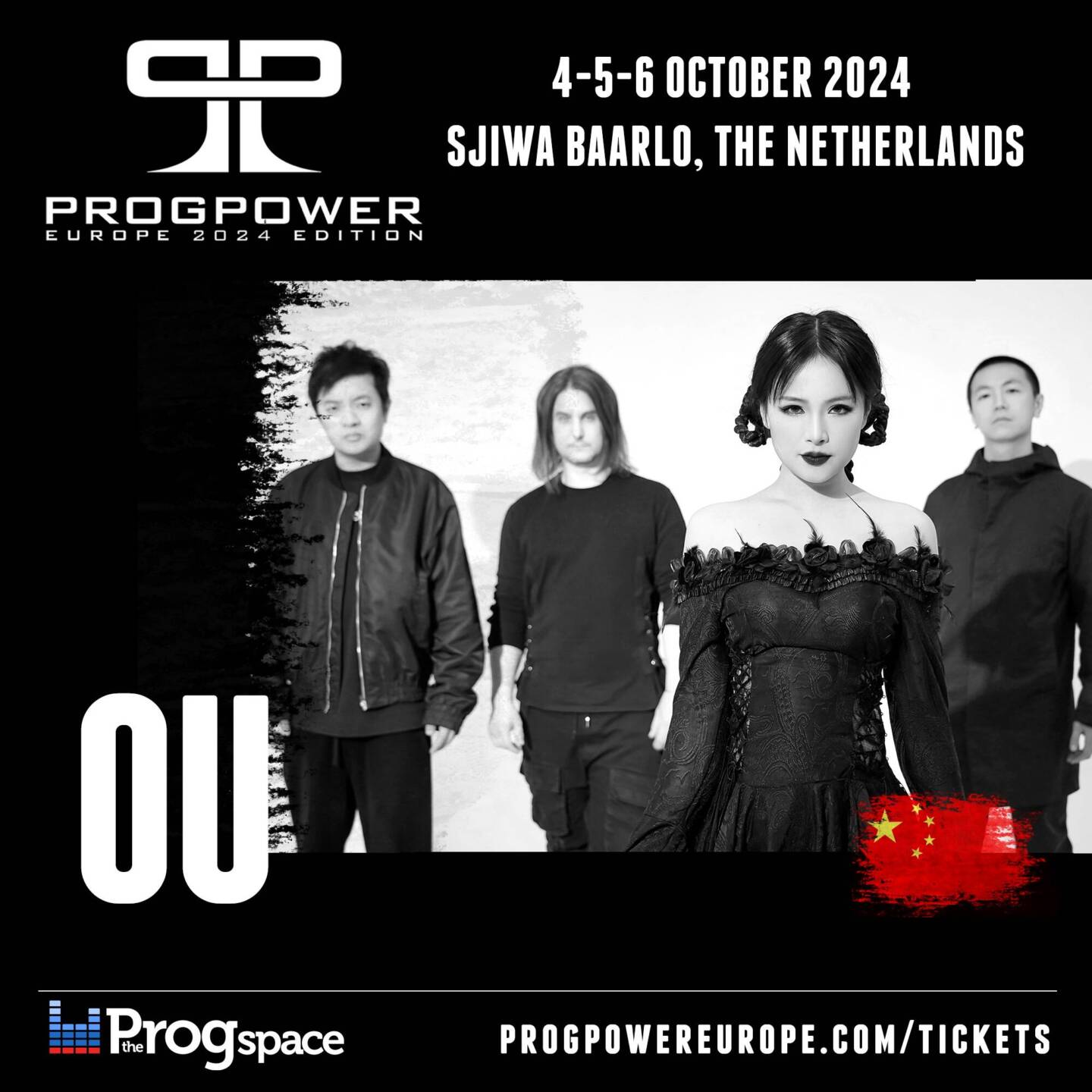
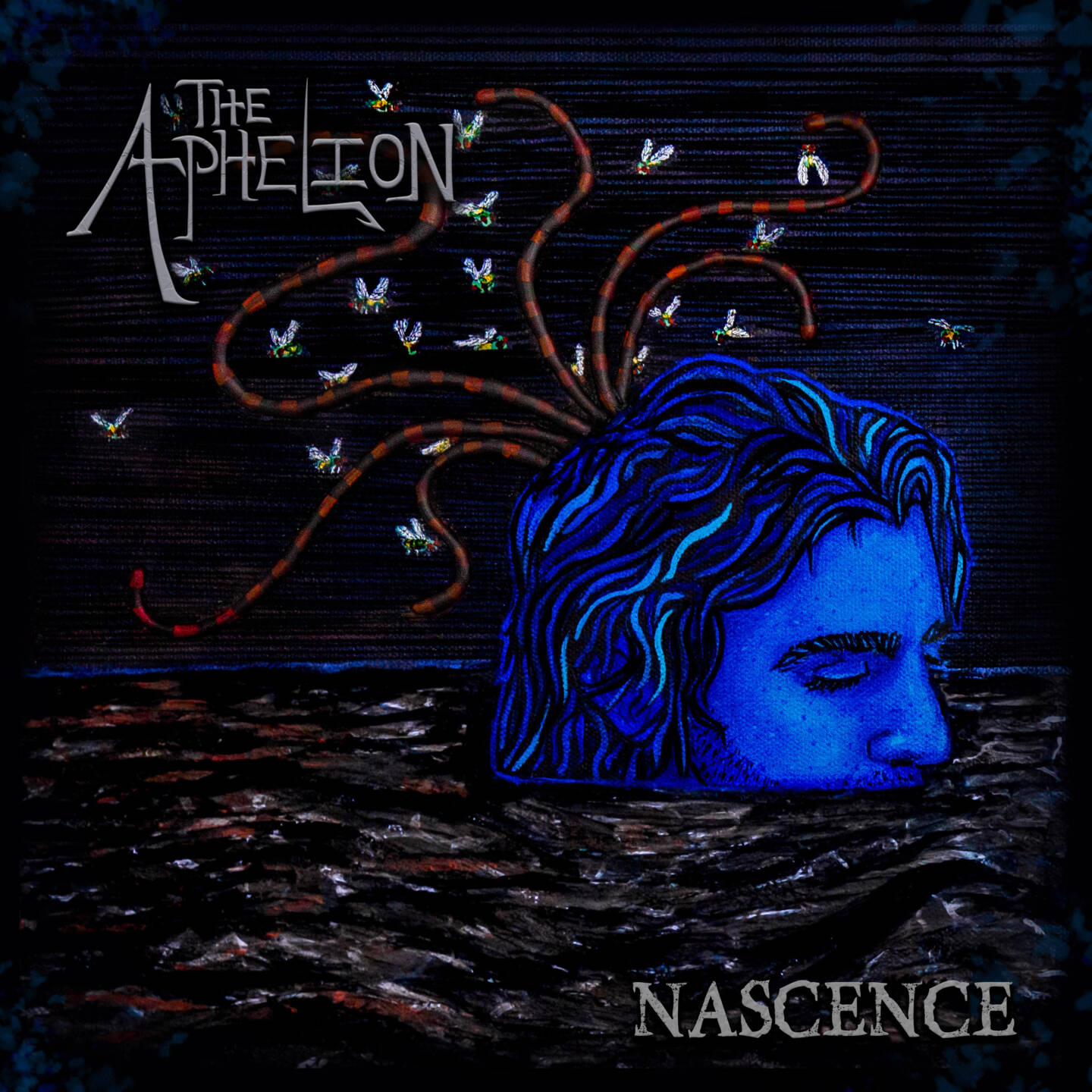
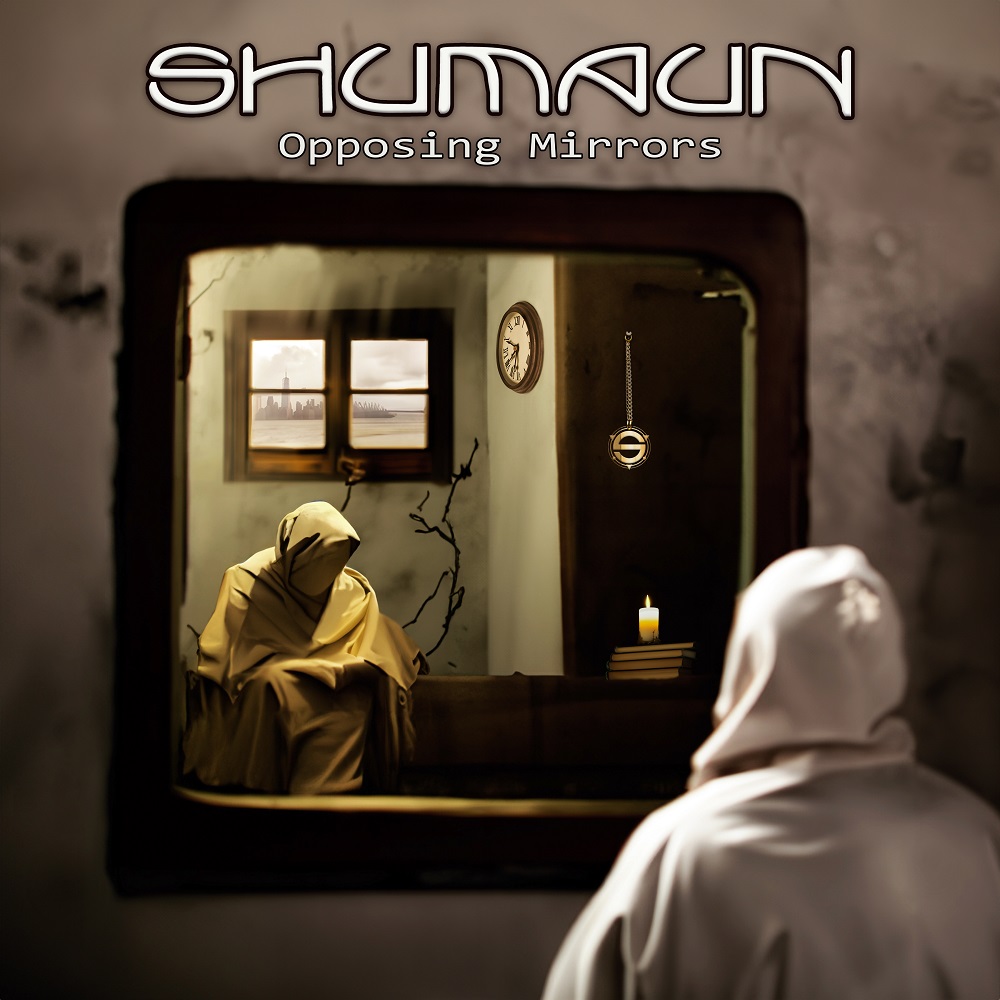
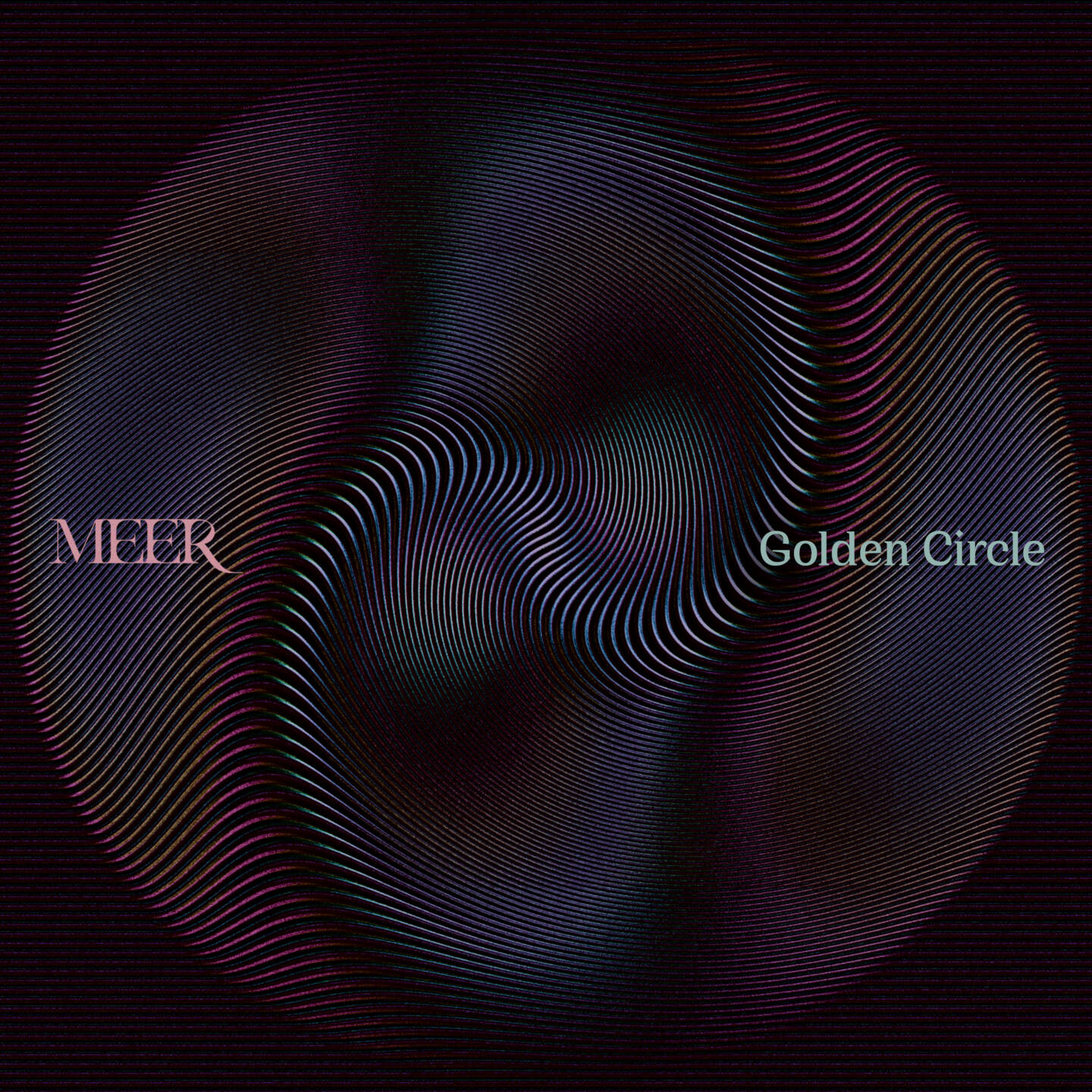
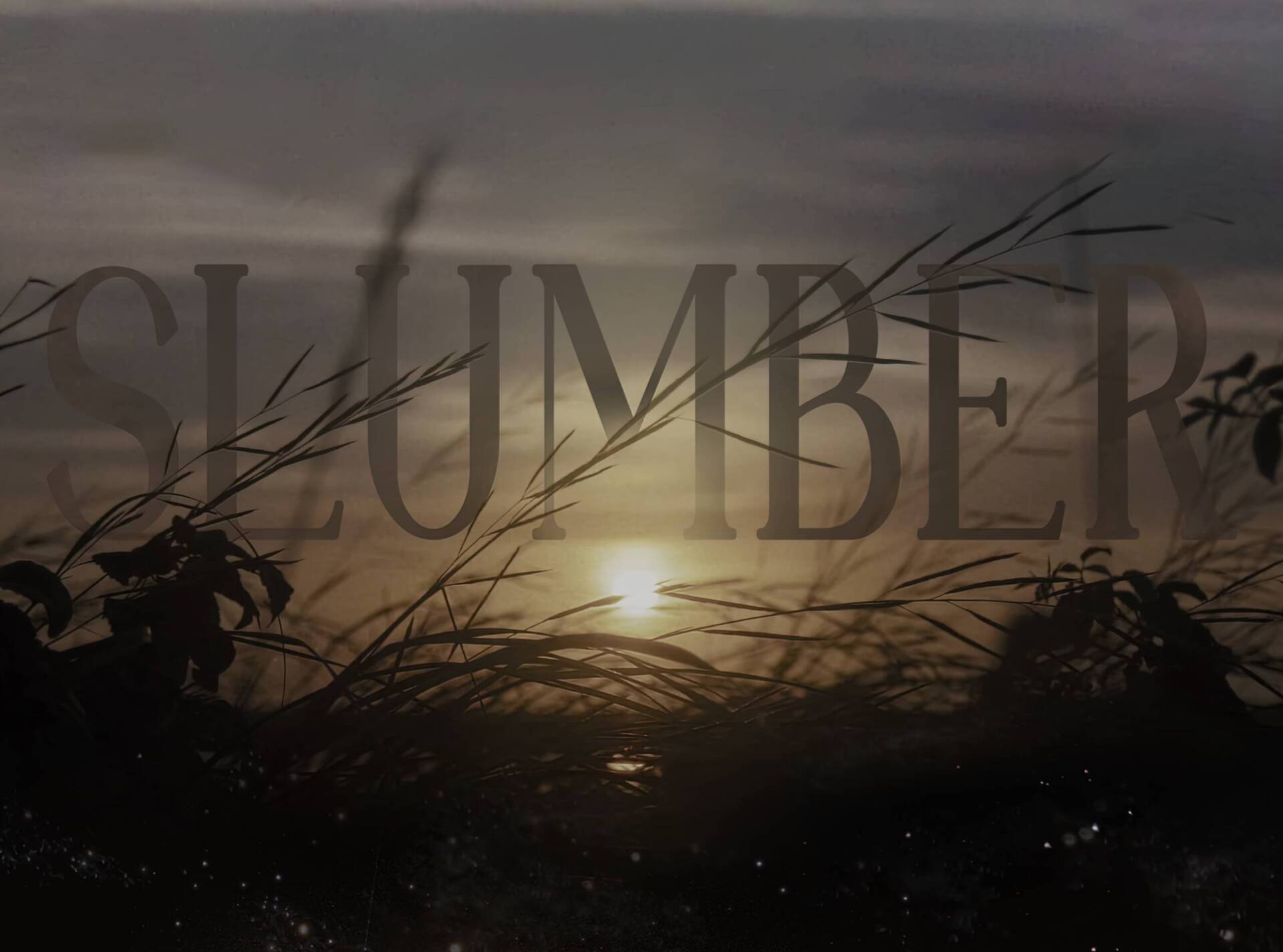
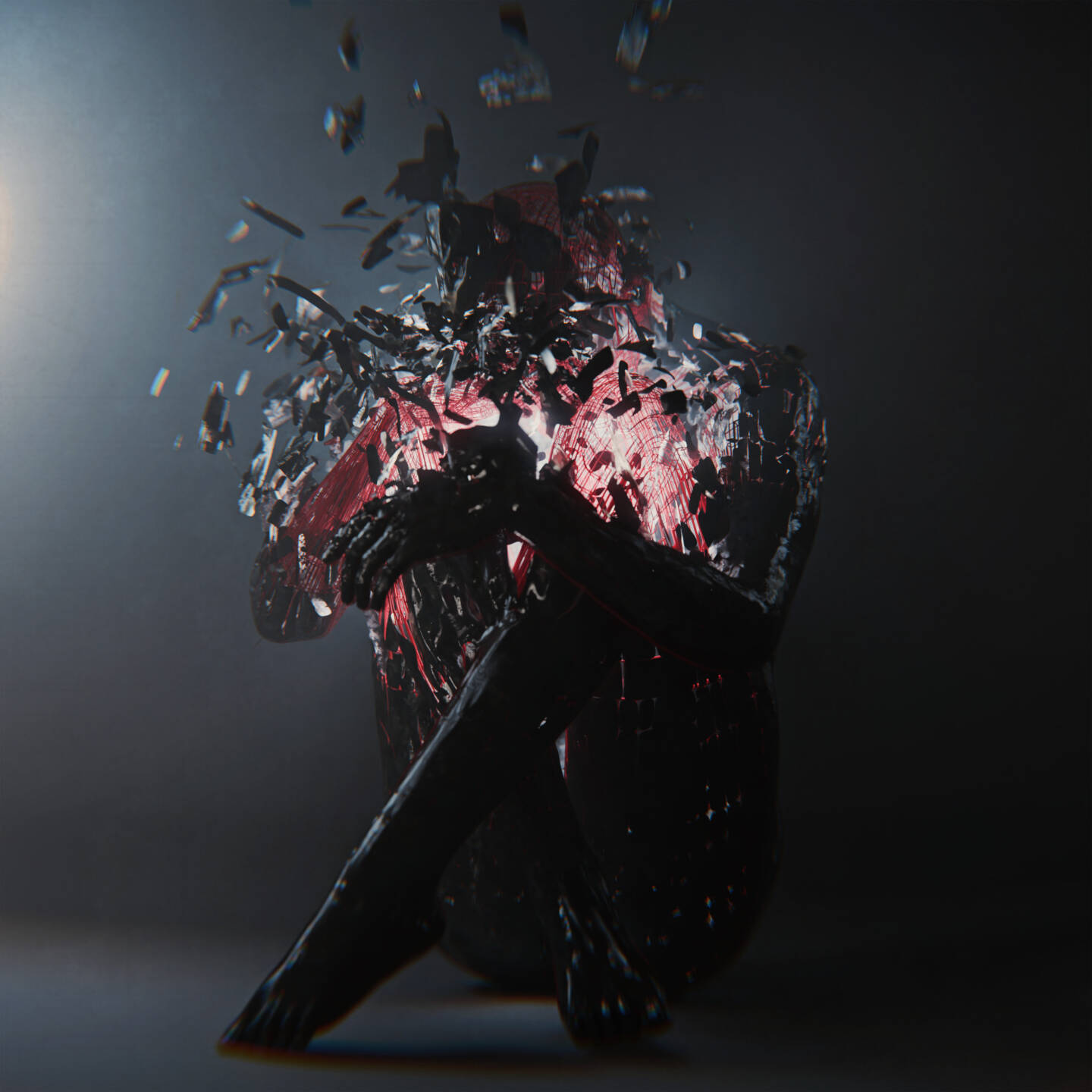
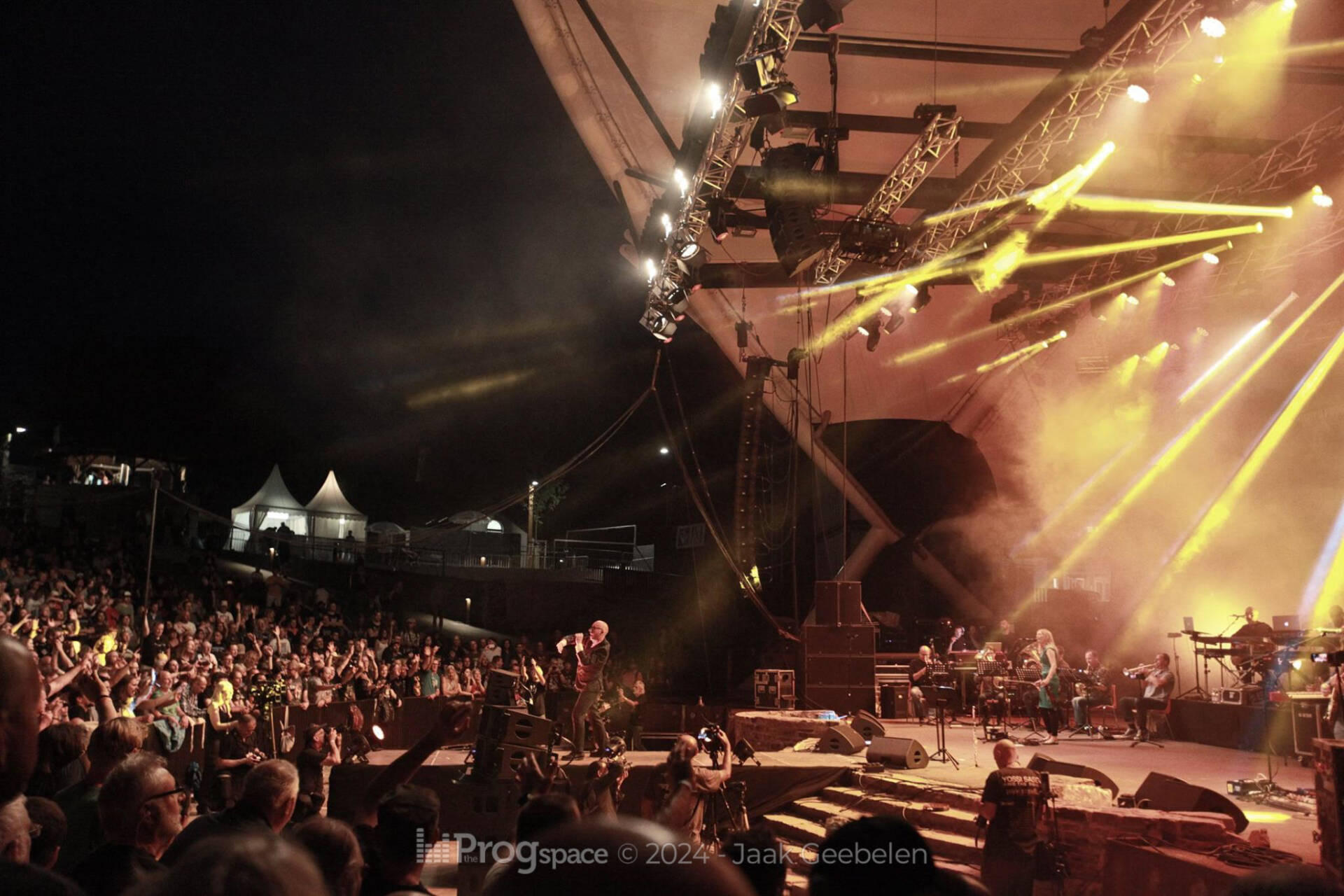



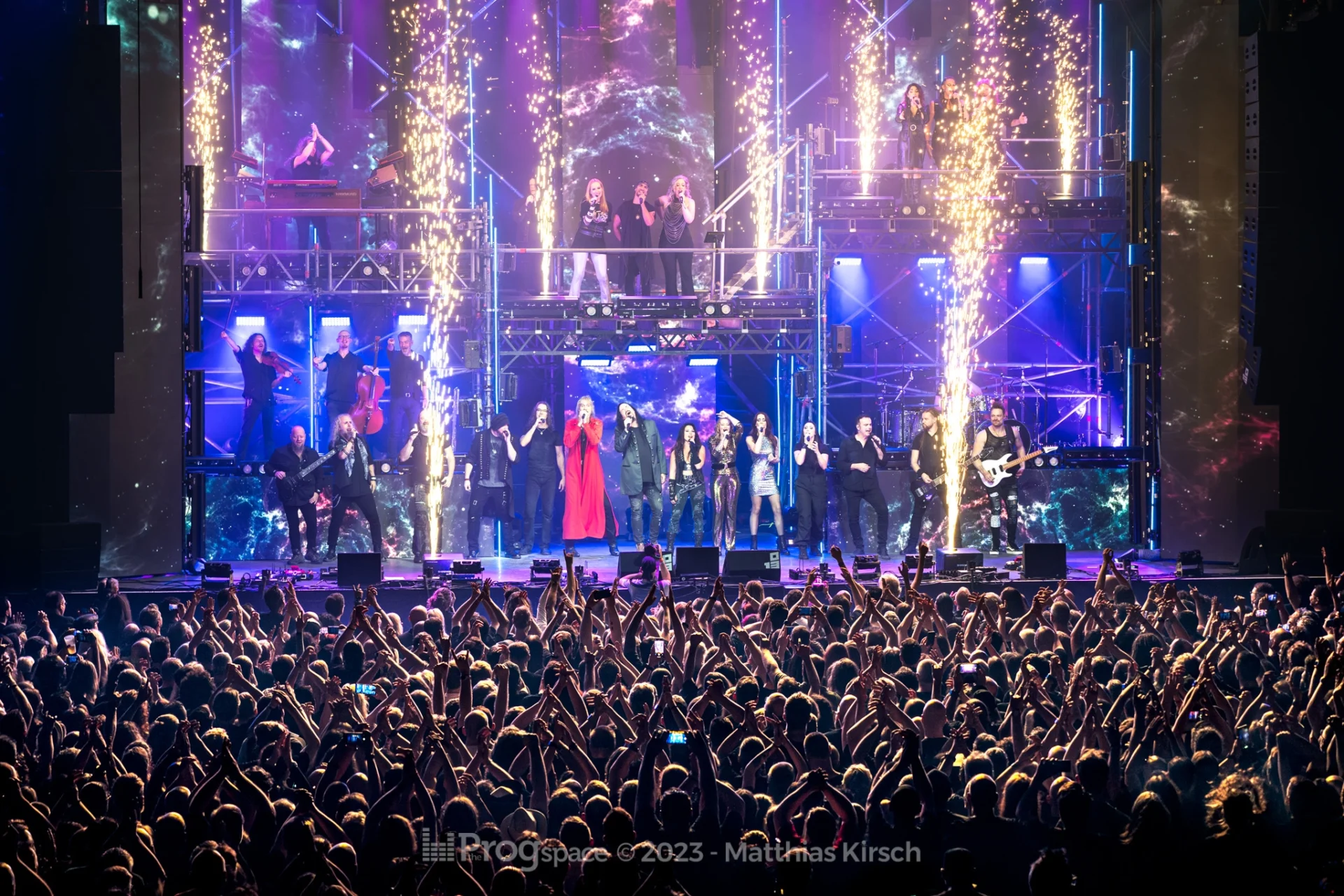
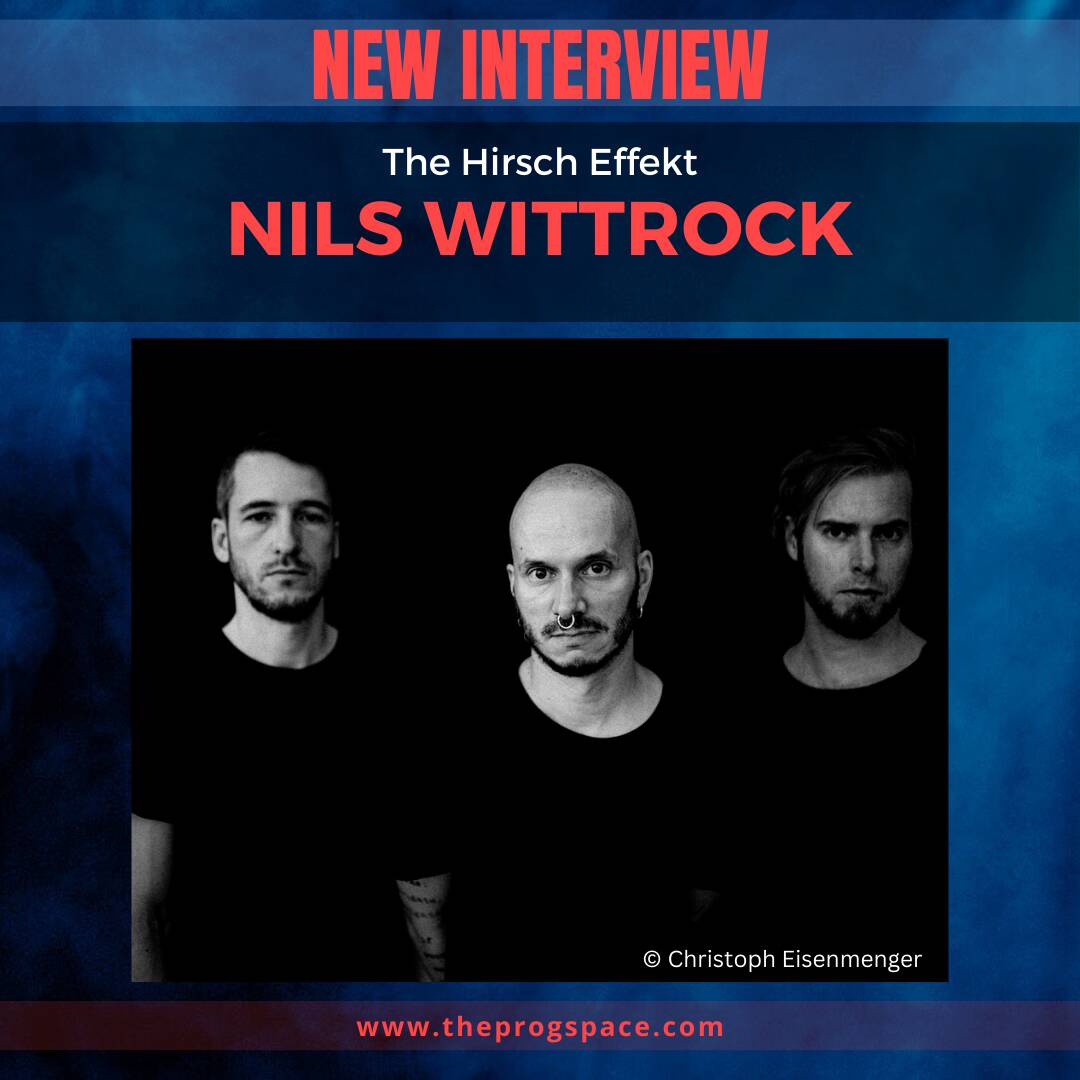
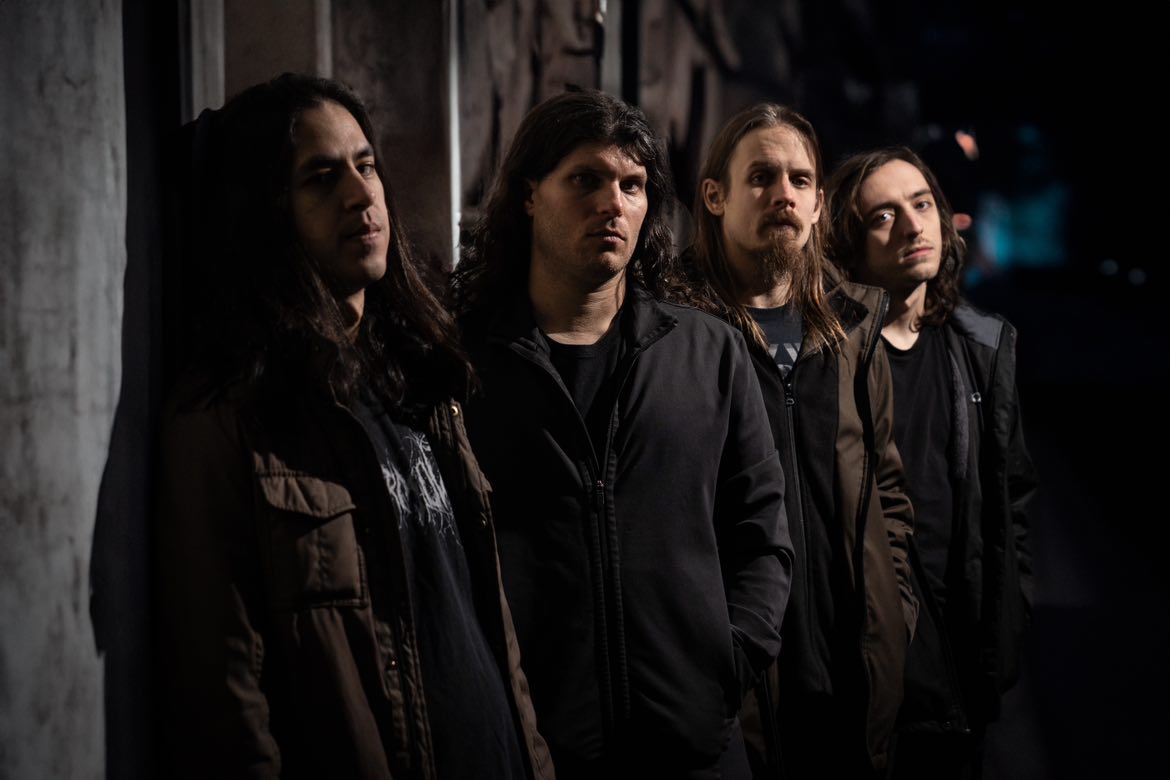
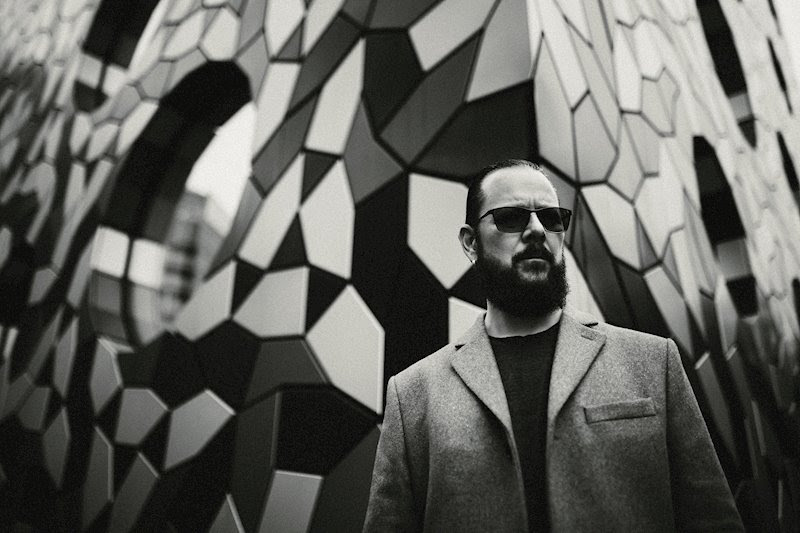
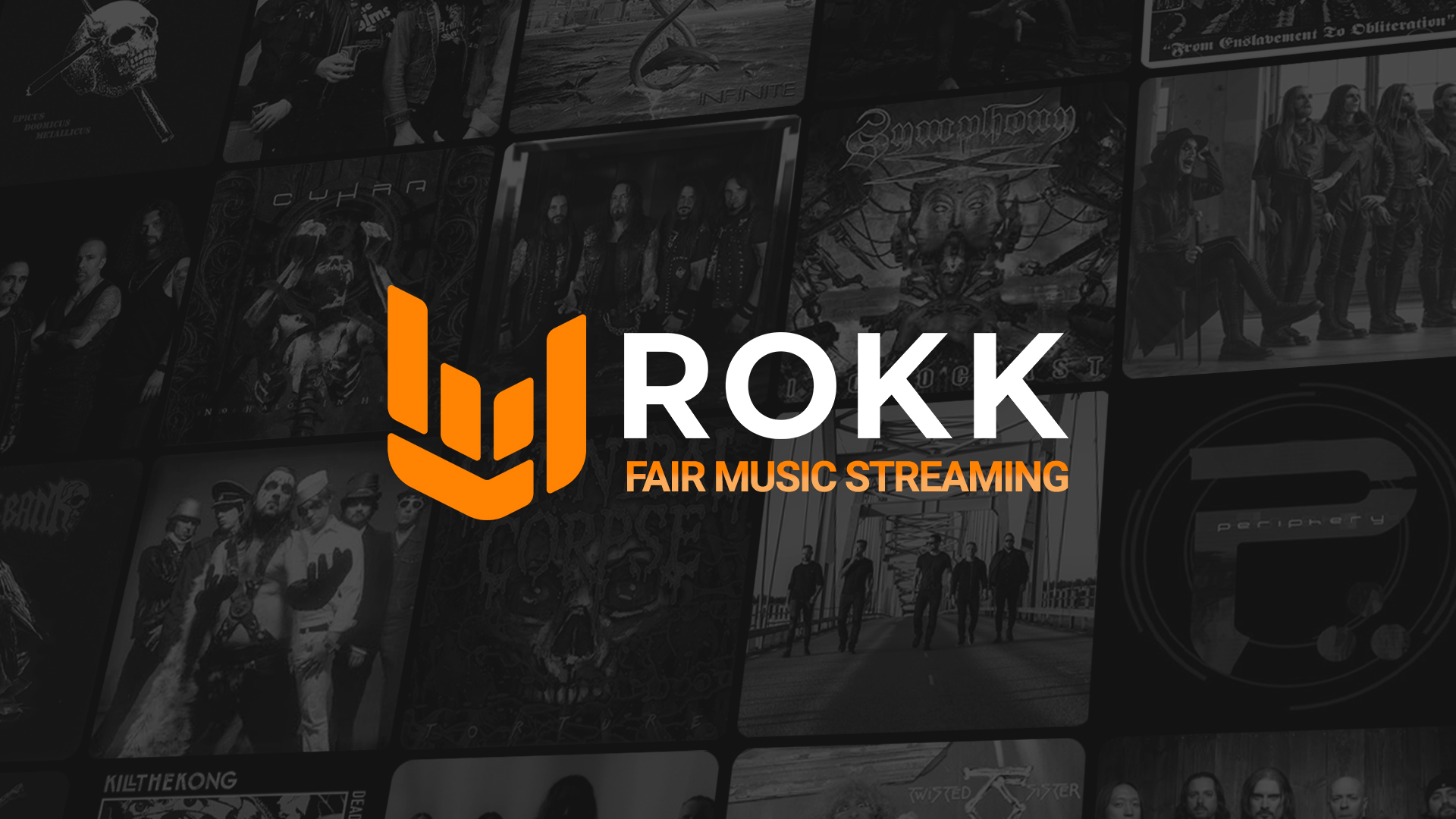
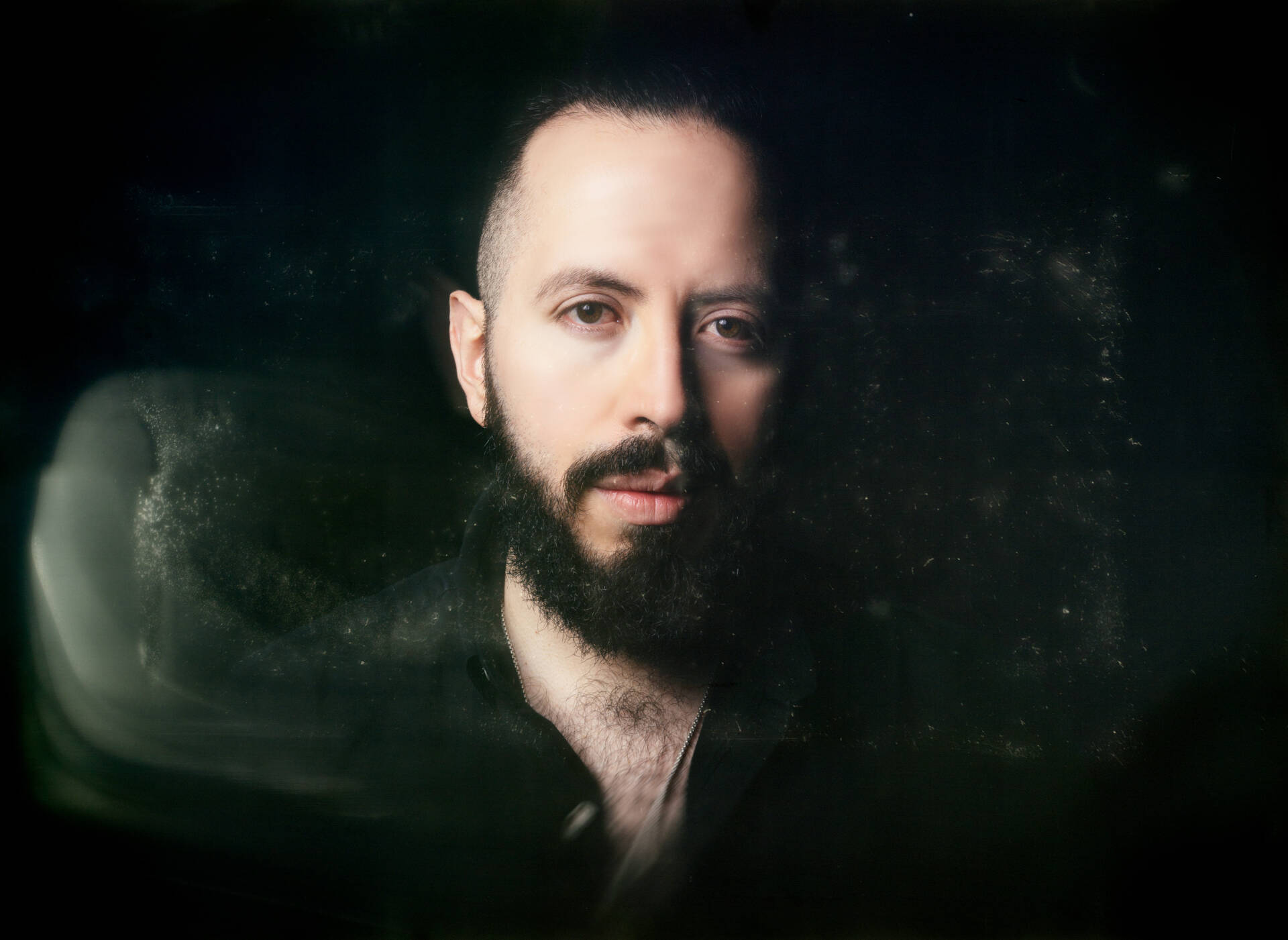
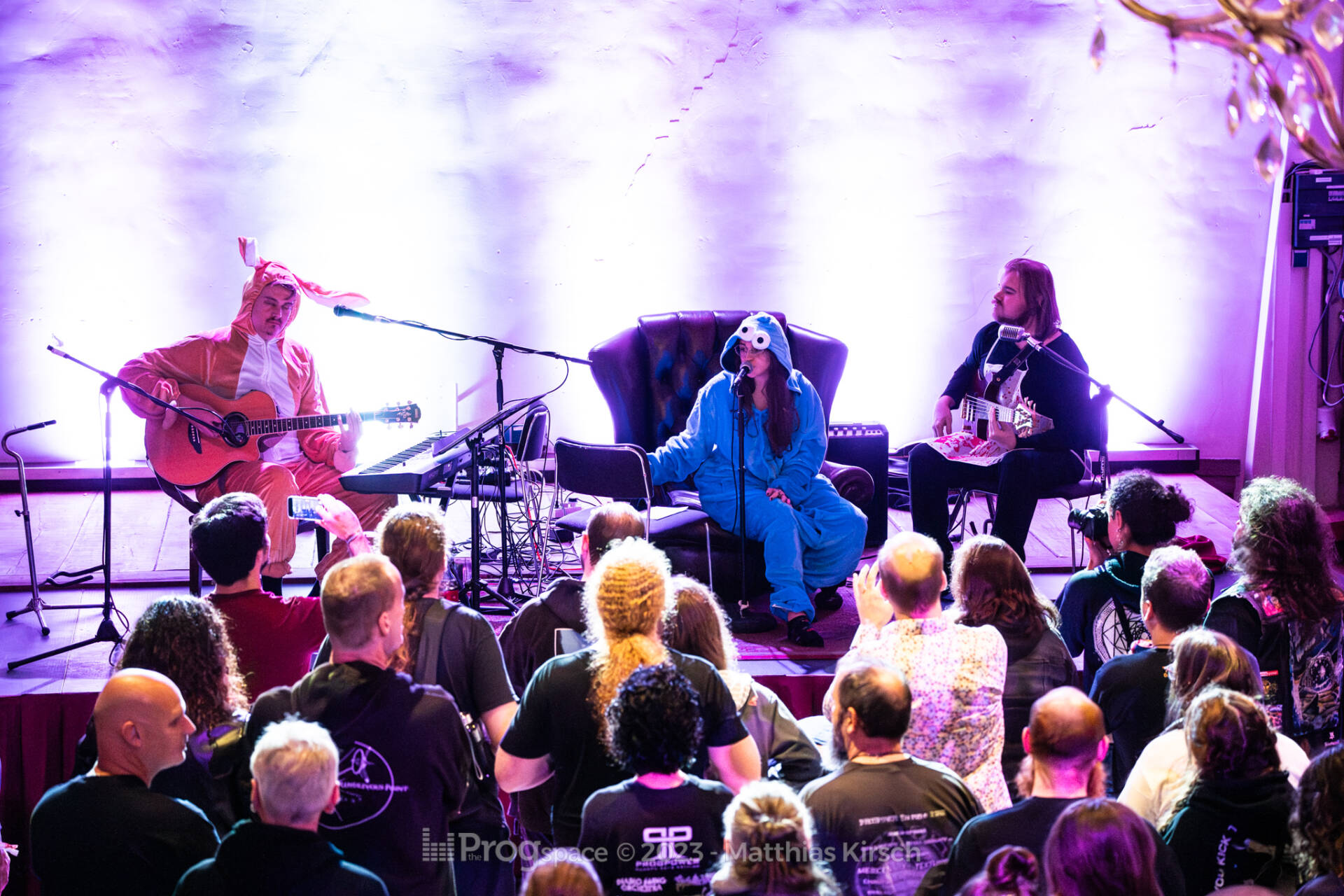
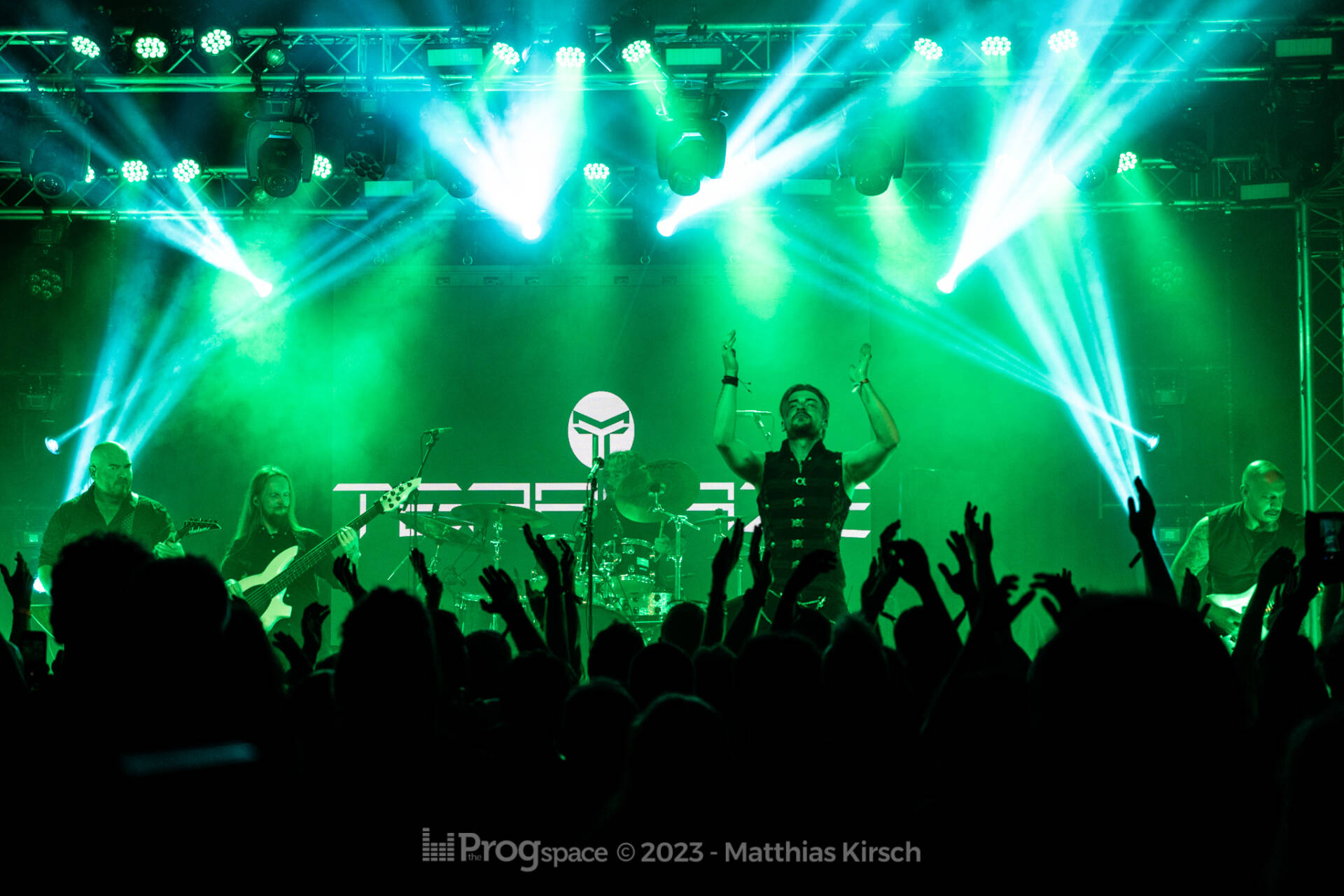
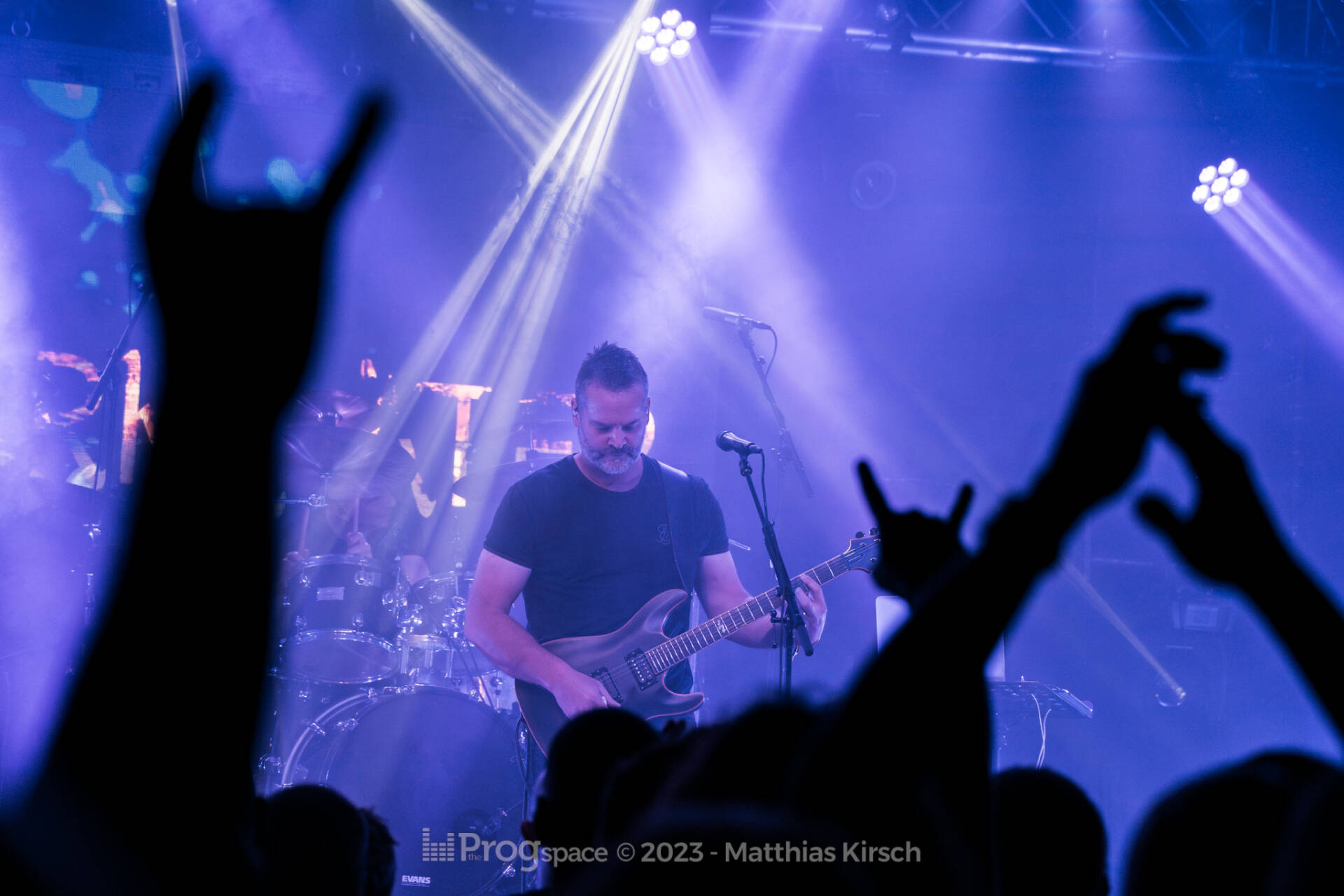
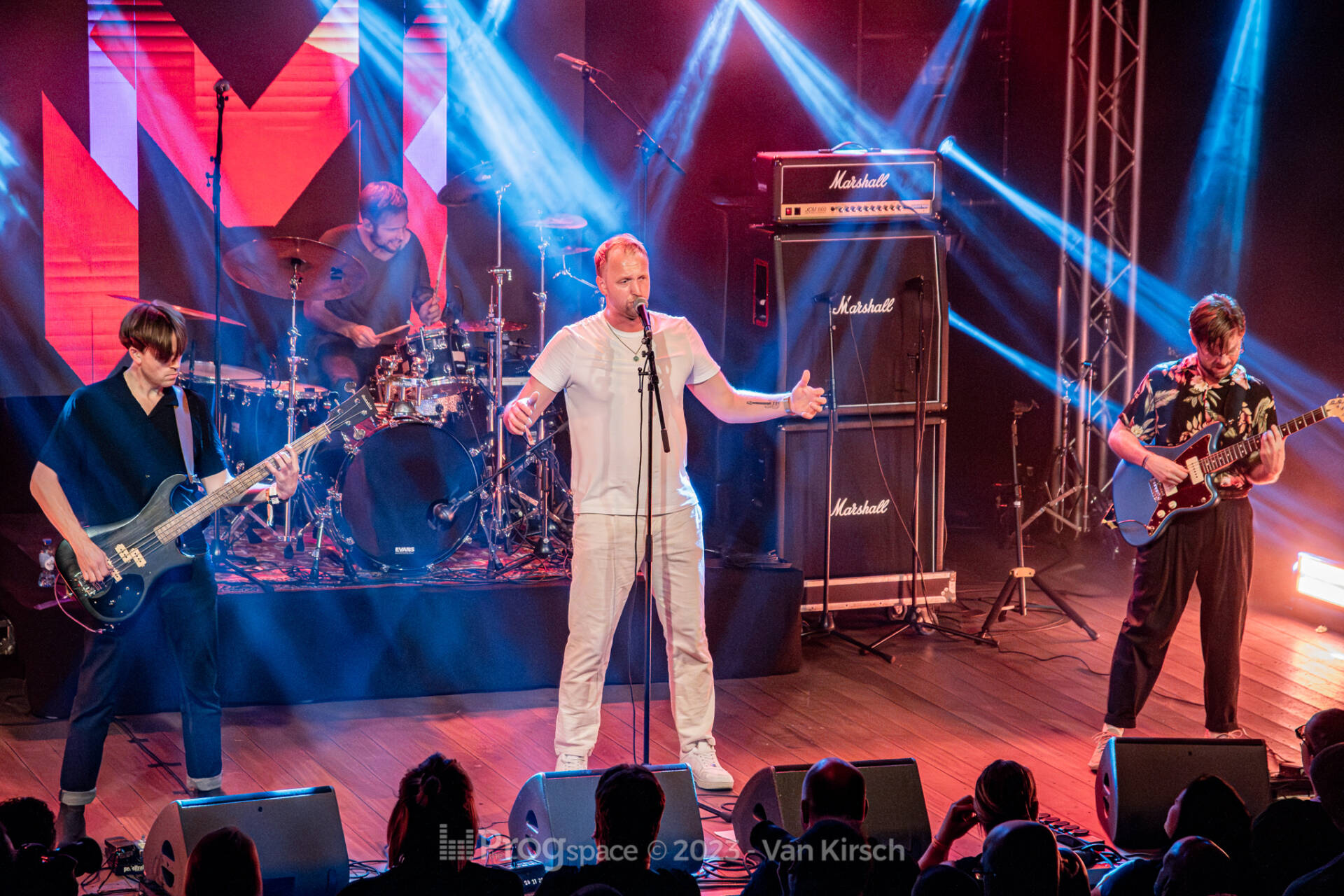
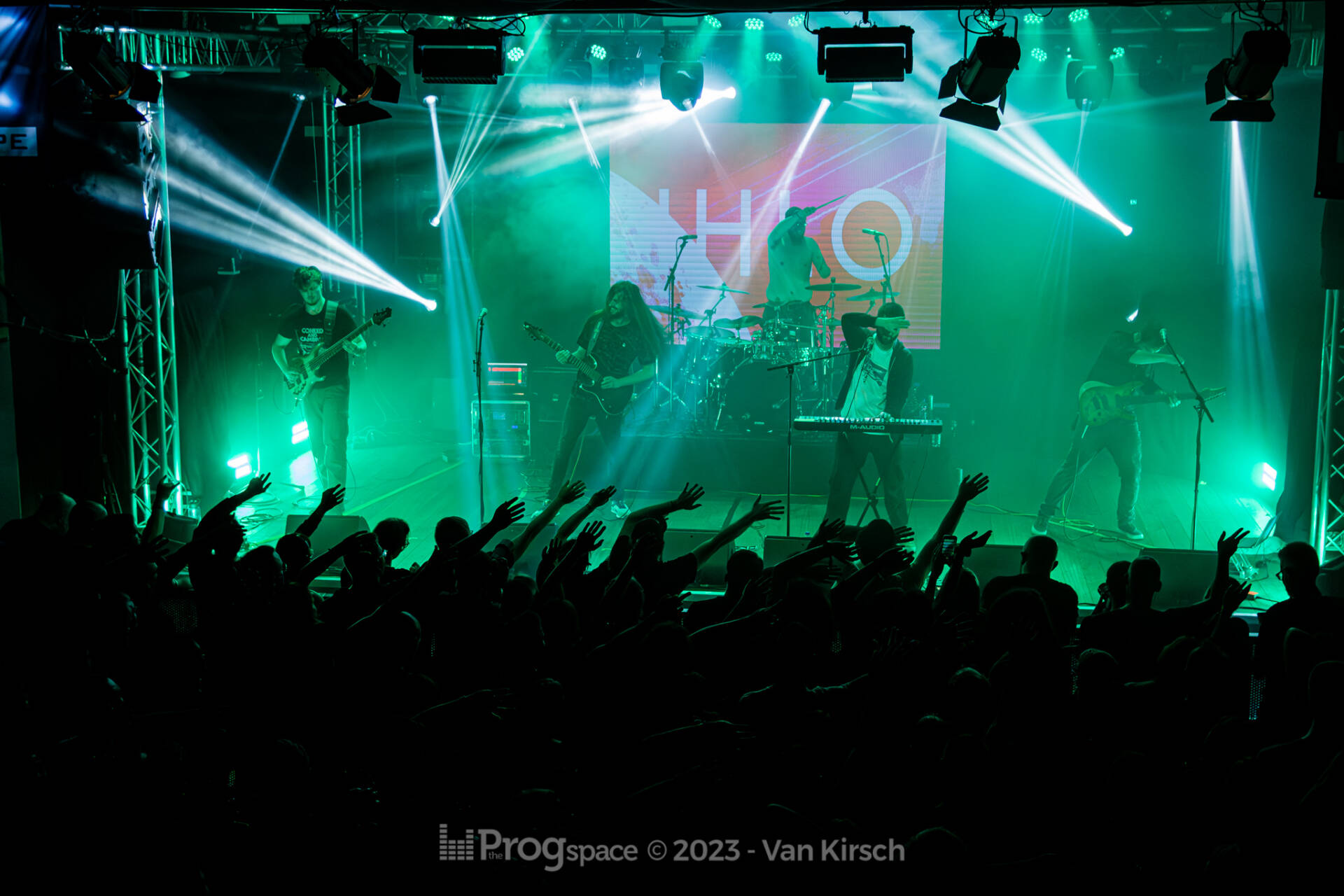
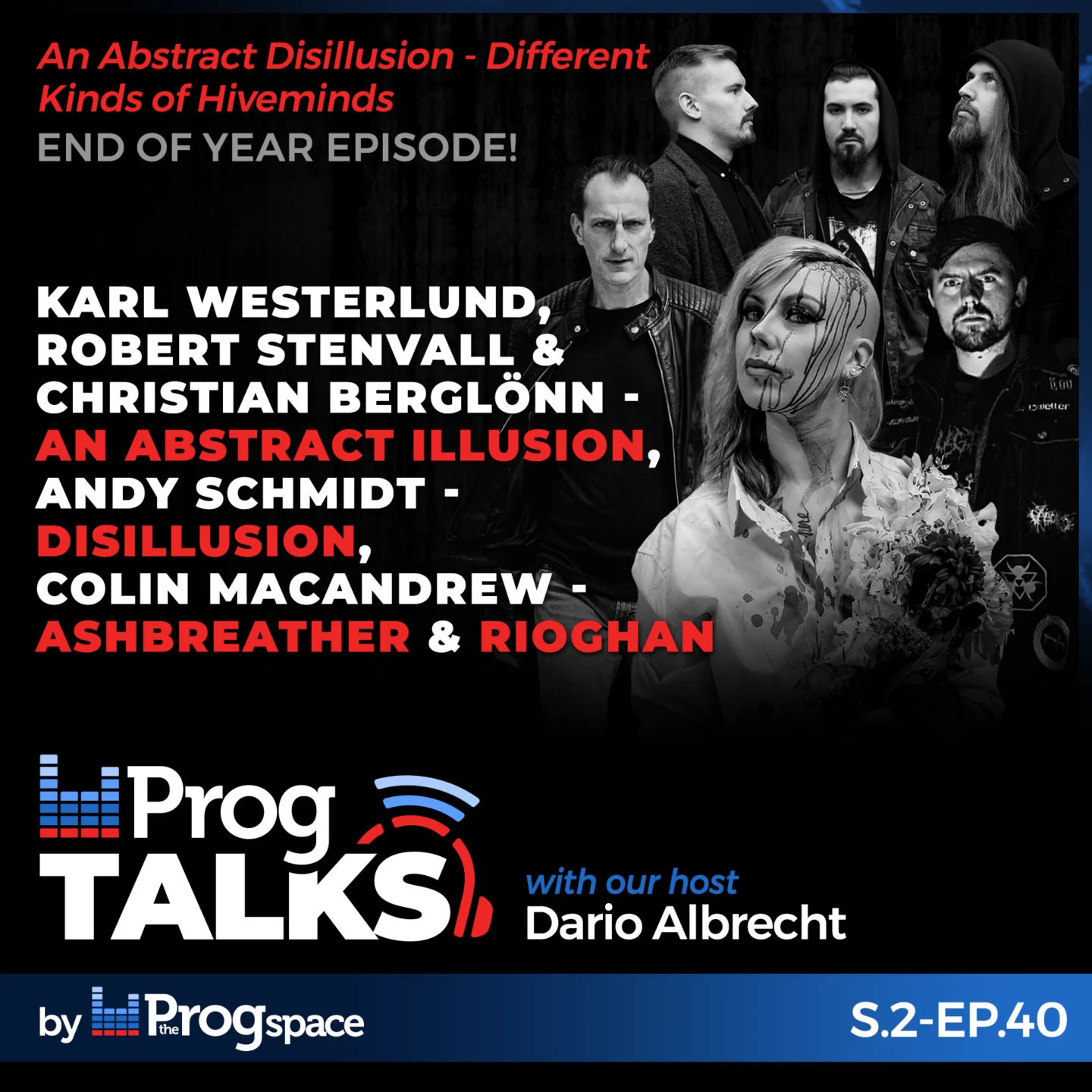
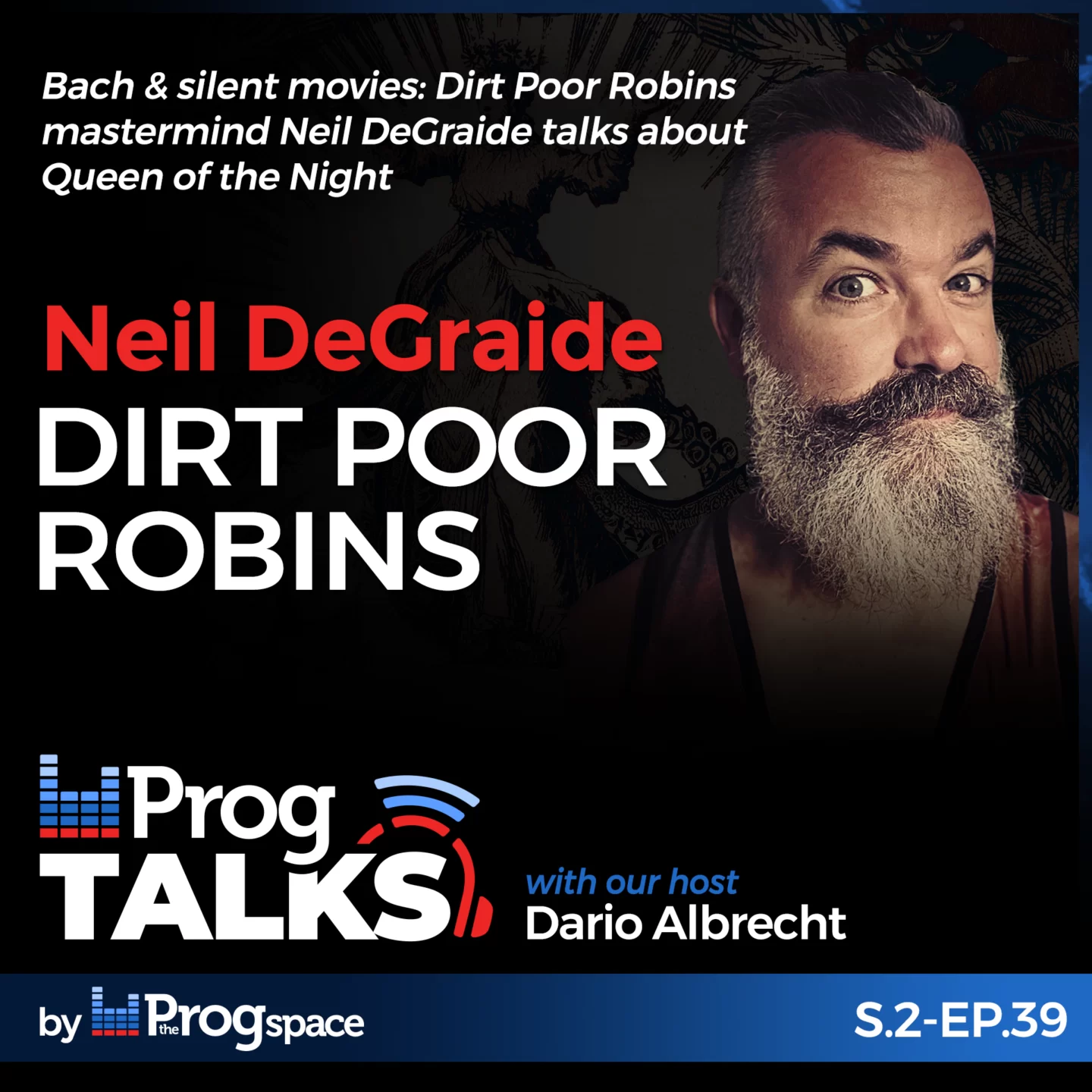
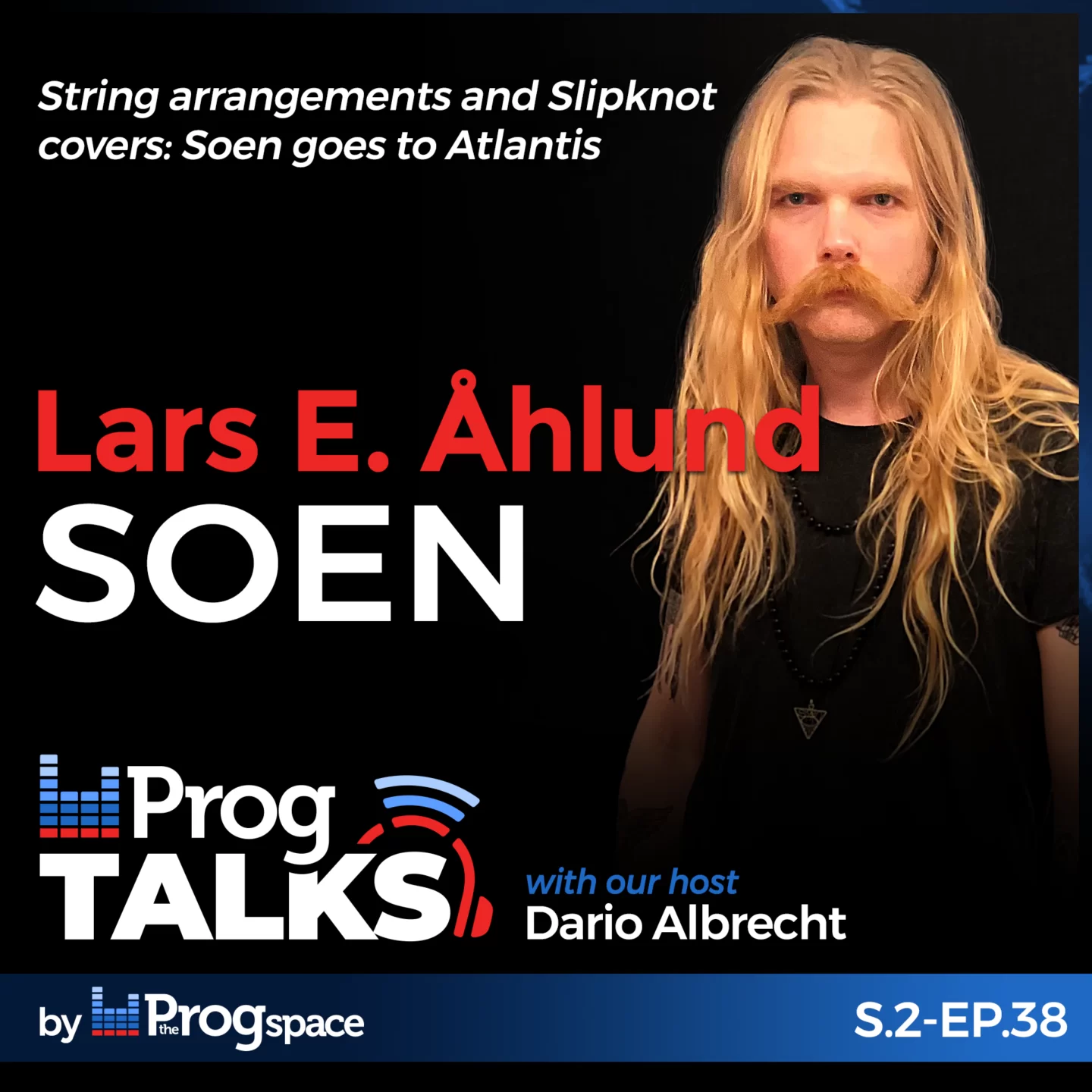
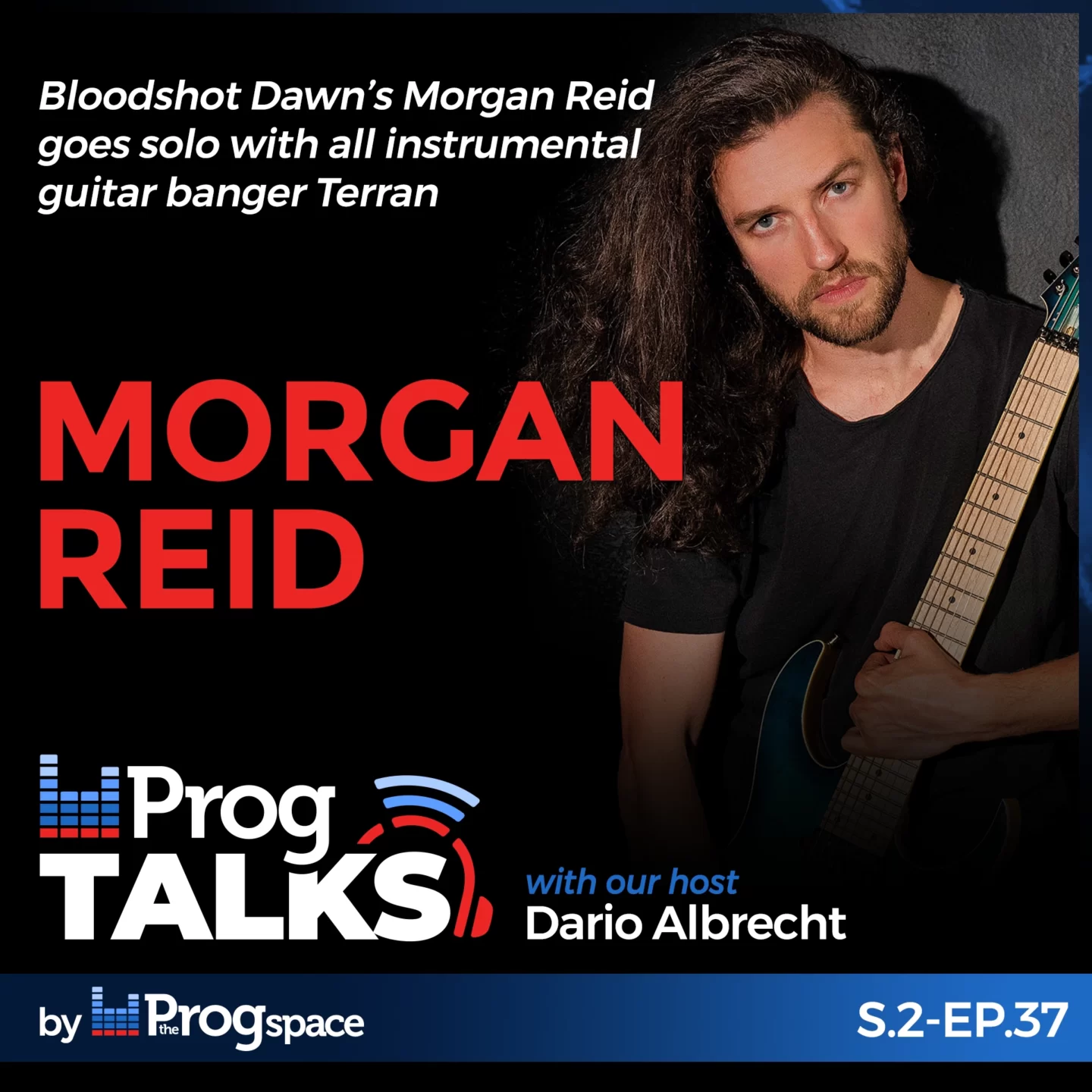
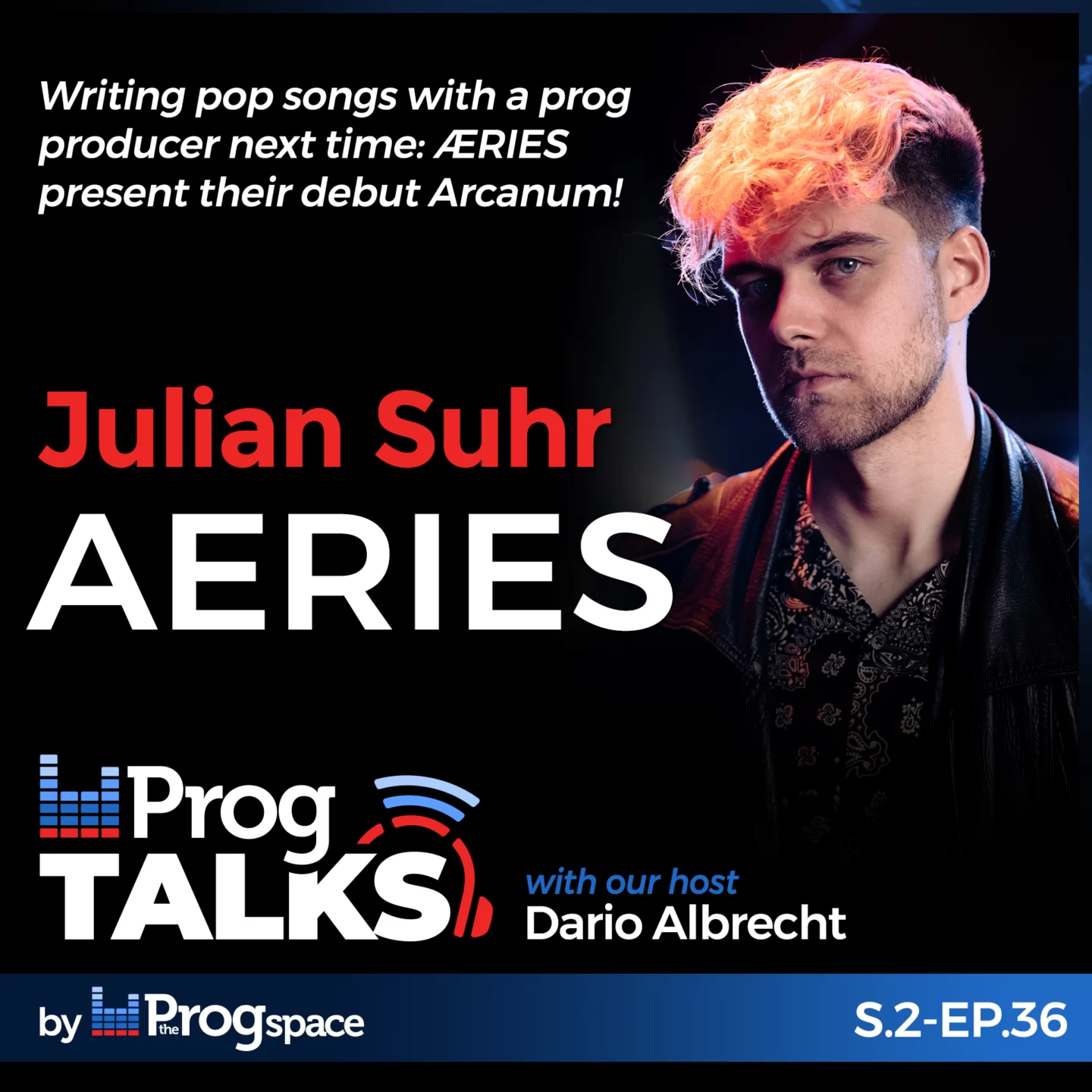

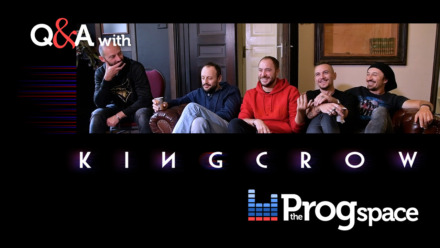

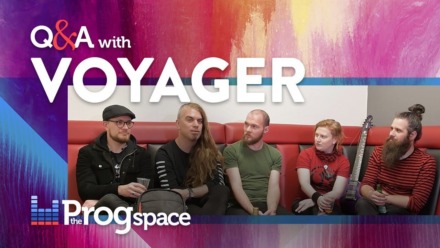
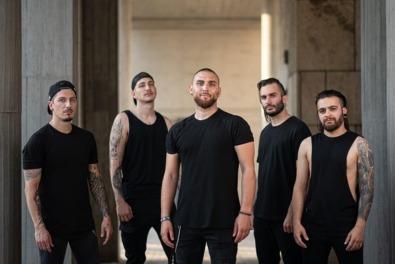


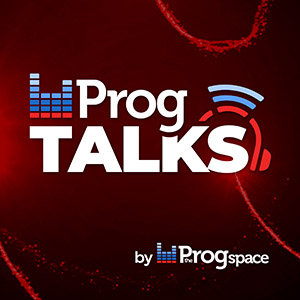
 We’re a group of Prog-lovers who started a journey to share with you our thoughts about albums, concerts, tours and festivals, the photo galleries of the Prog concerts we visit, as well interviews with upcoming or established musicians or prog-related people. Follow our Facebook page for frequent updates and news around the Progniverse.
We’re a group of Prog-lovers who started a journey to share with you our thoughts about albums, concerts, tours and festivals, the photo galleries of the Prog concerts we visit, as well interviews with upcoming or established musicians or prog-related people. Follow our Facebook page for frequent updates and news around the Progniverse.